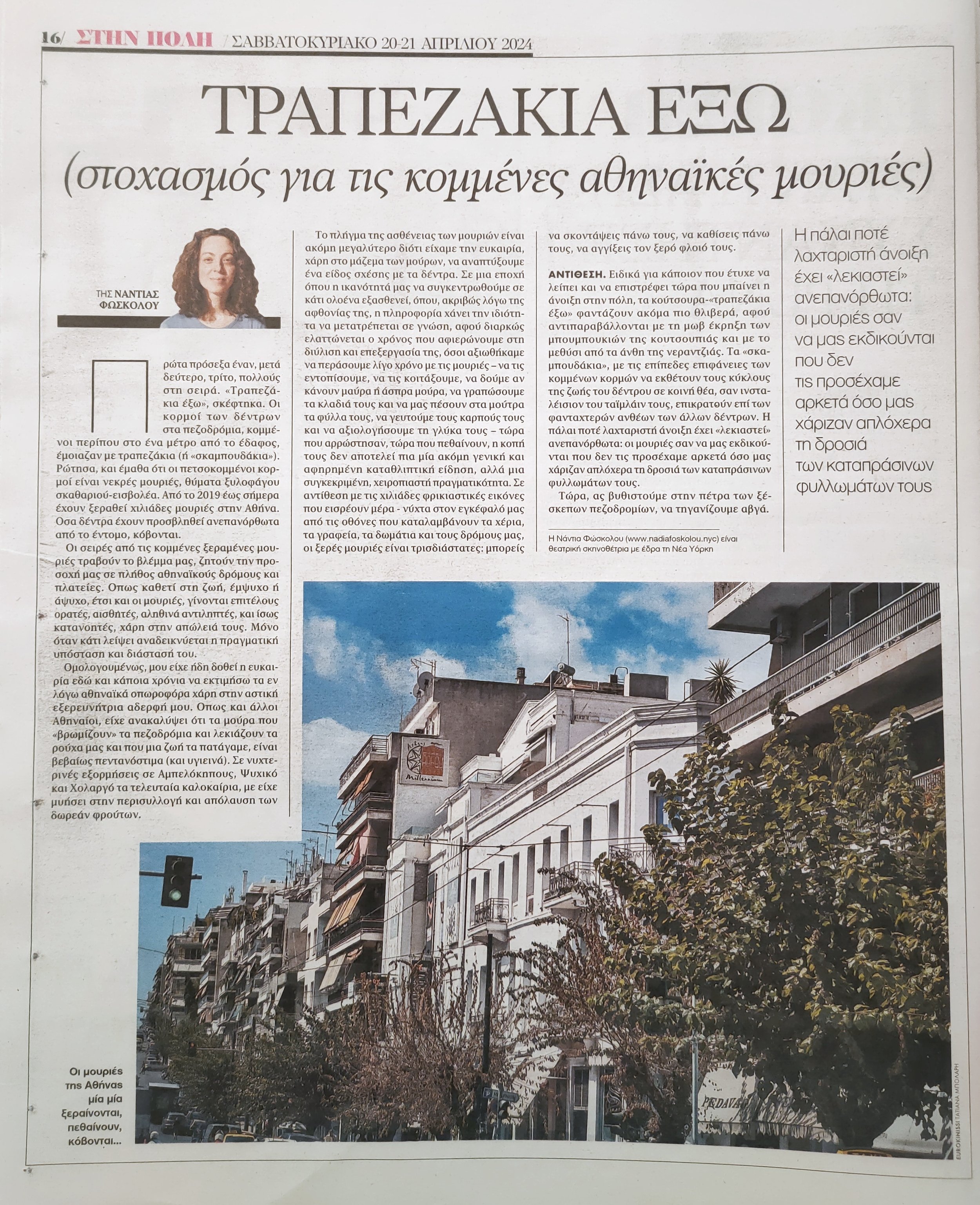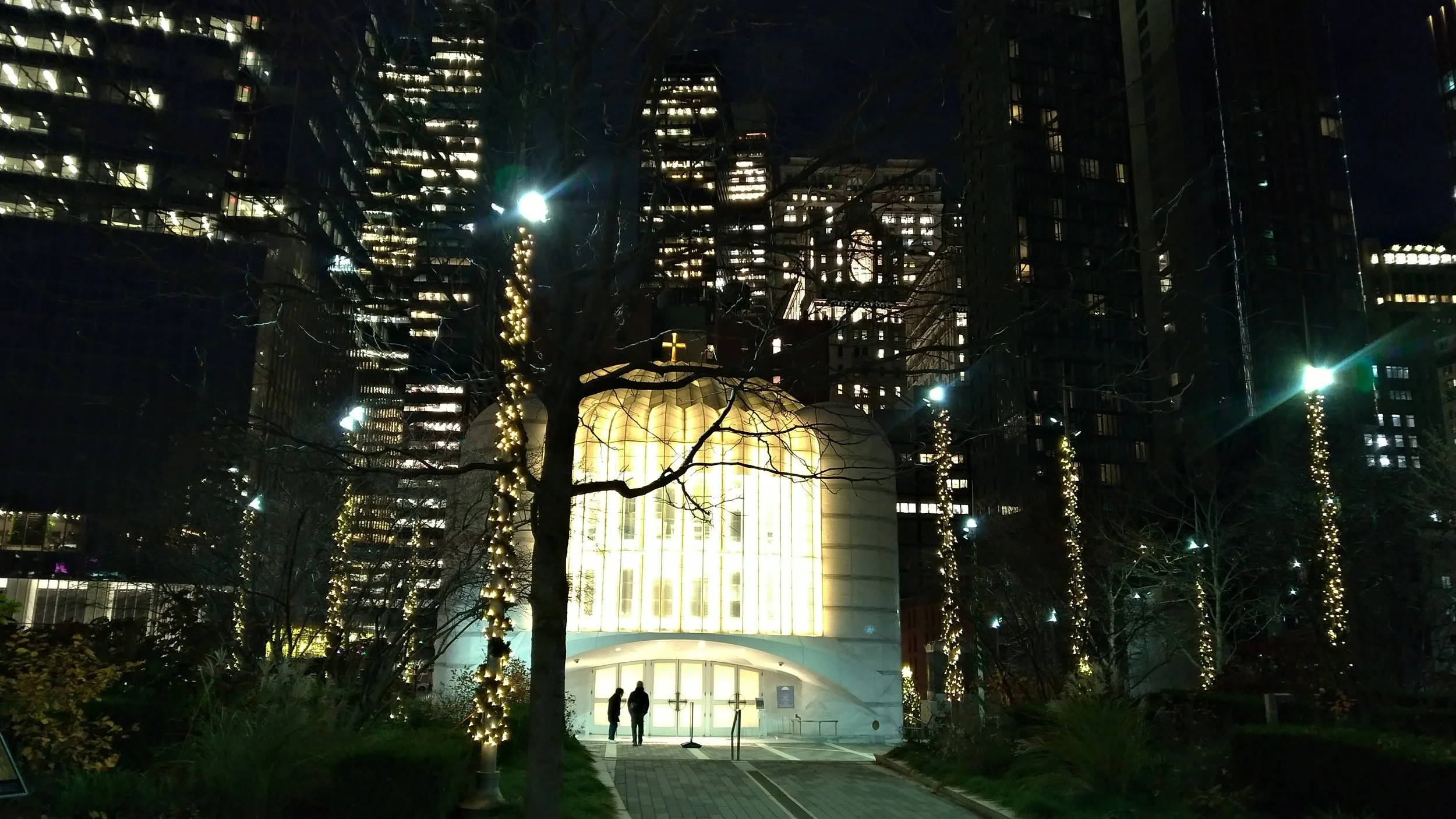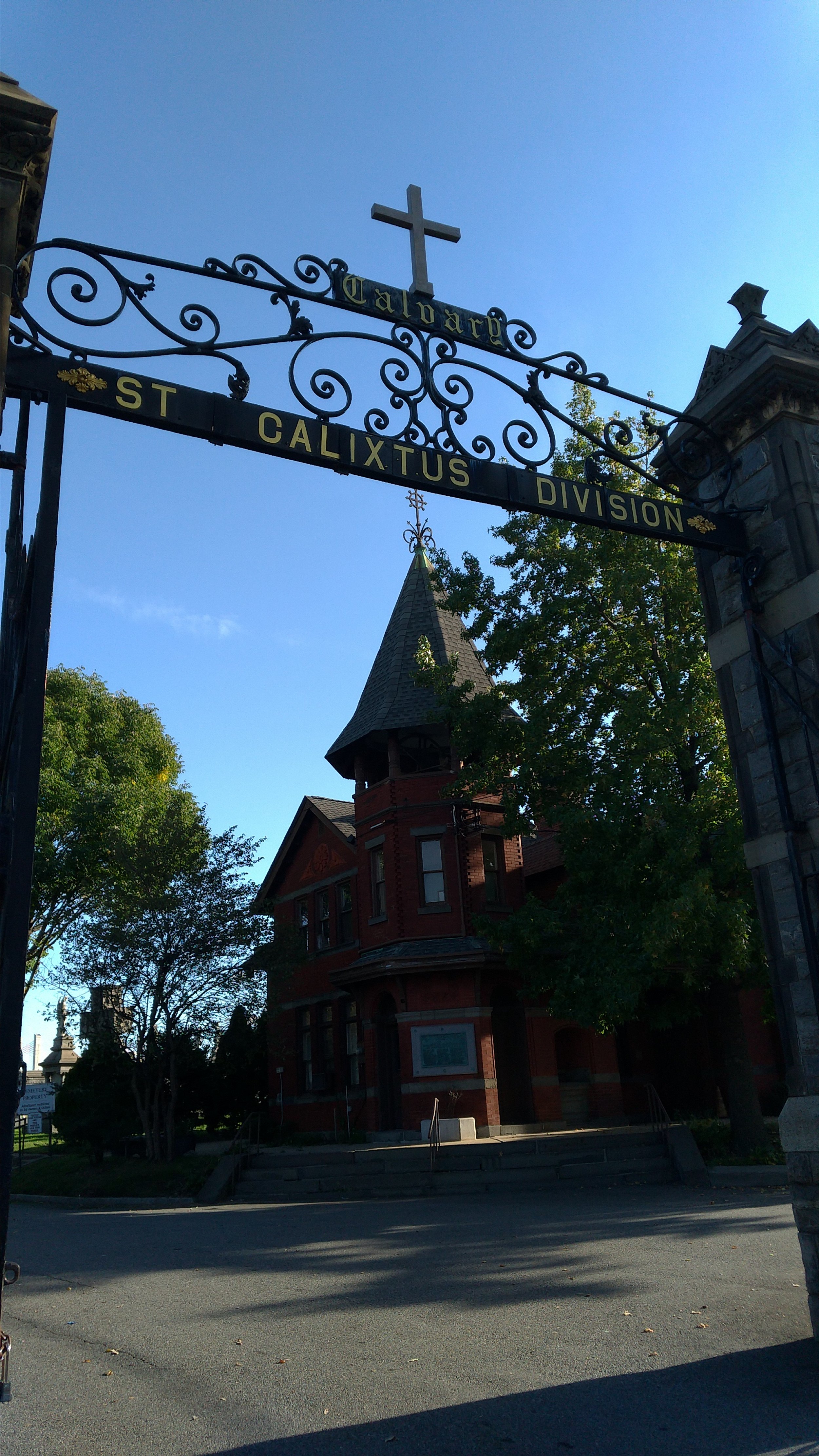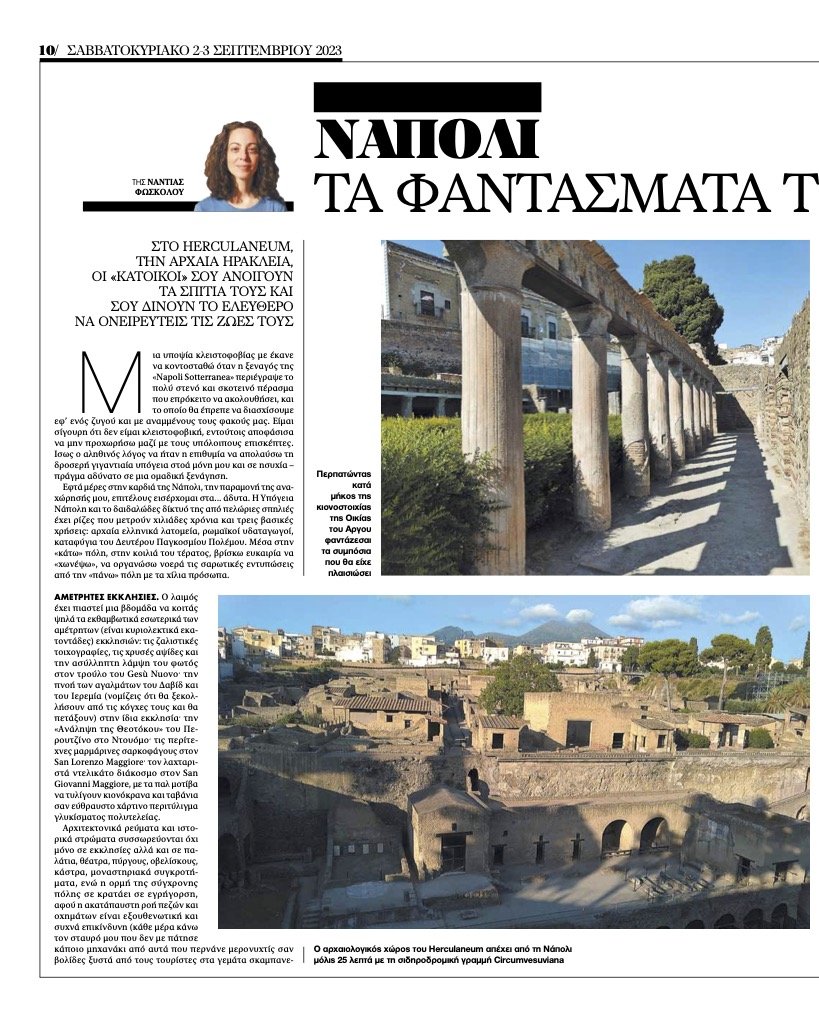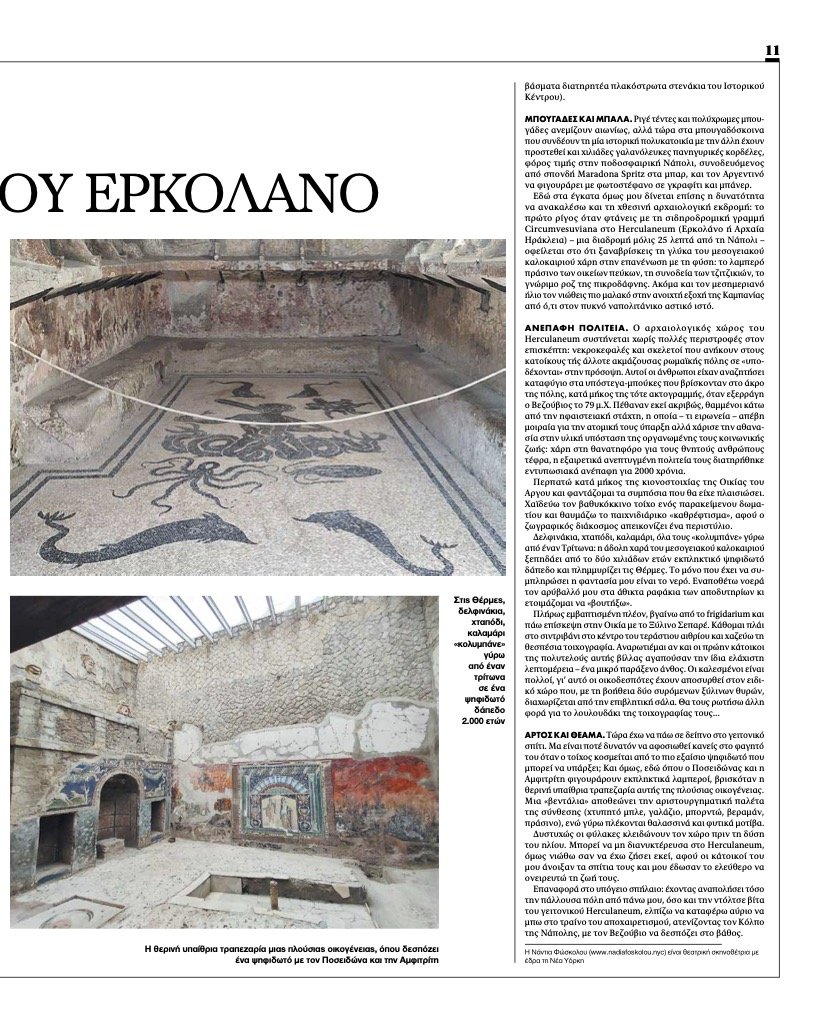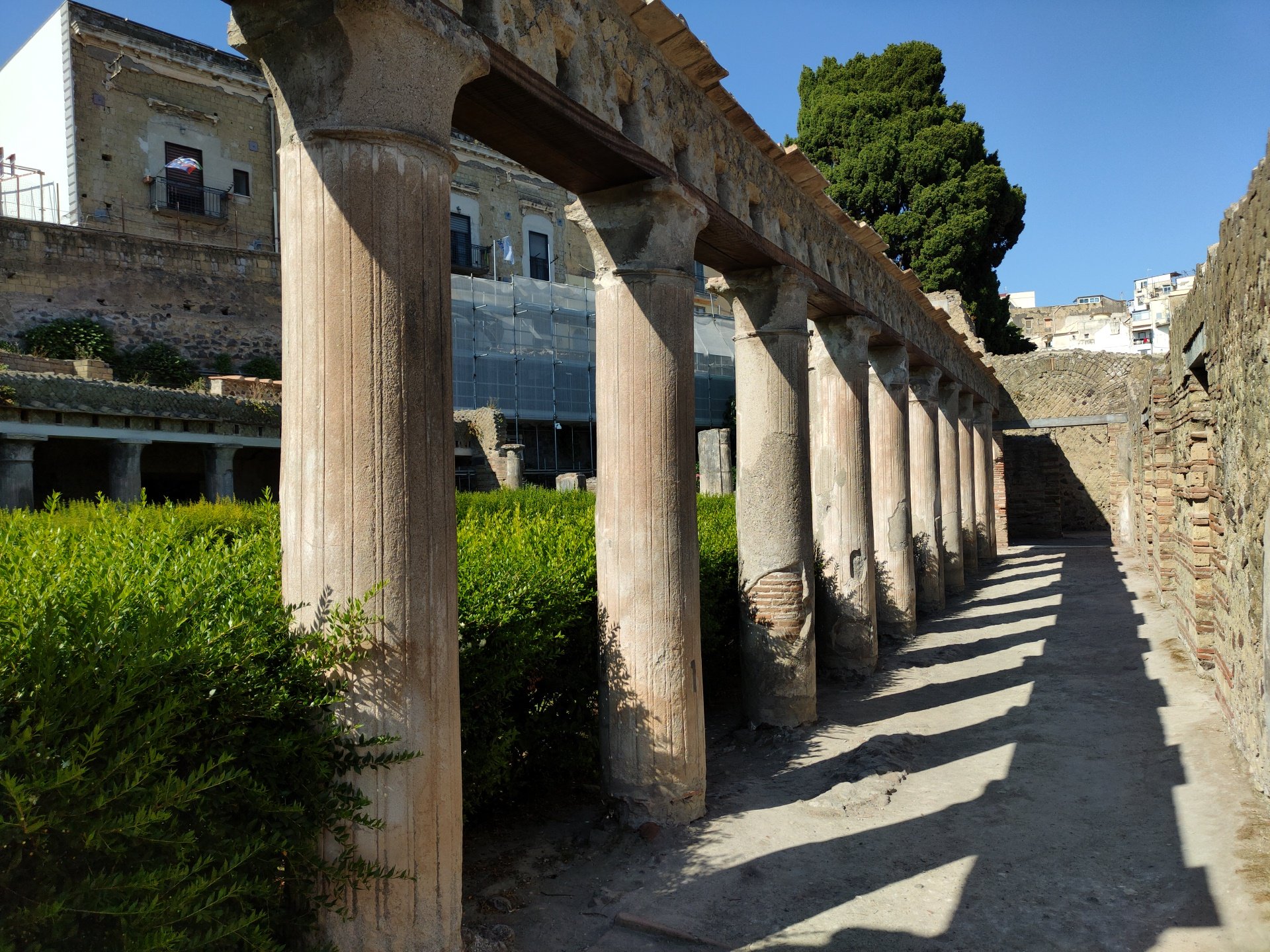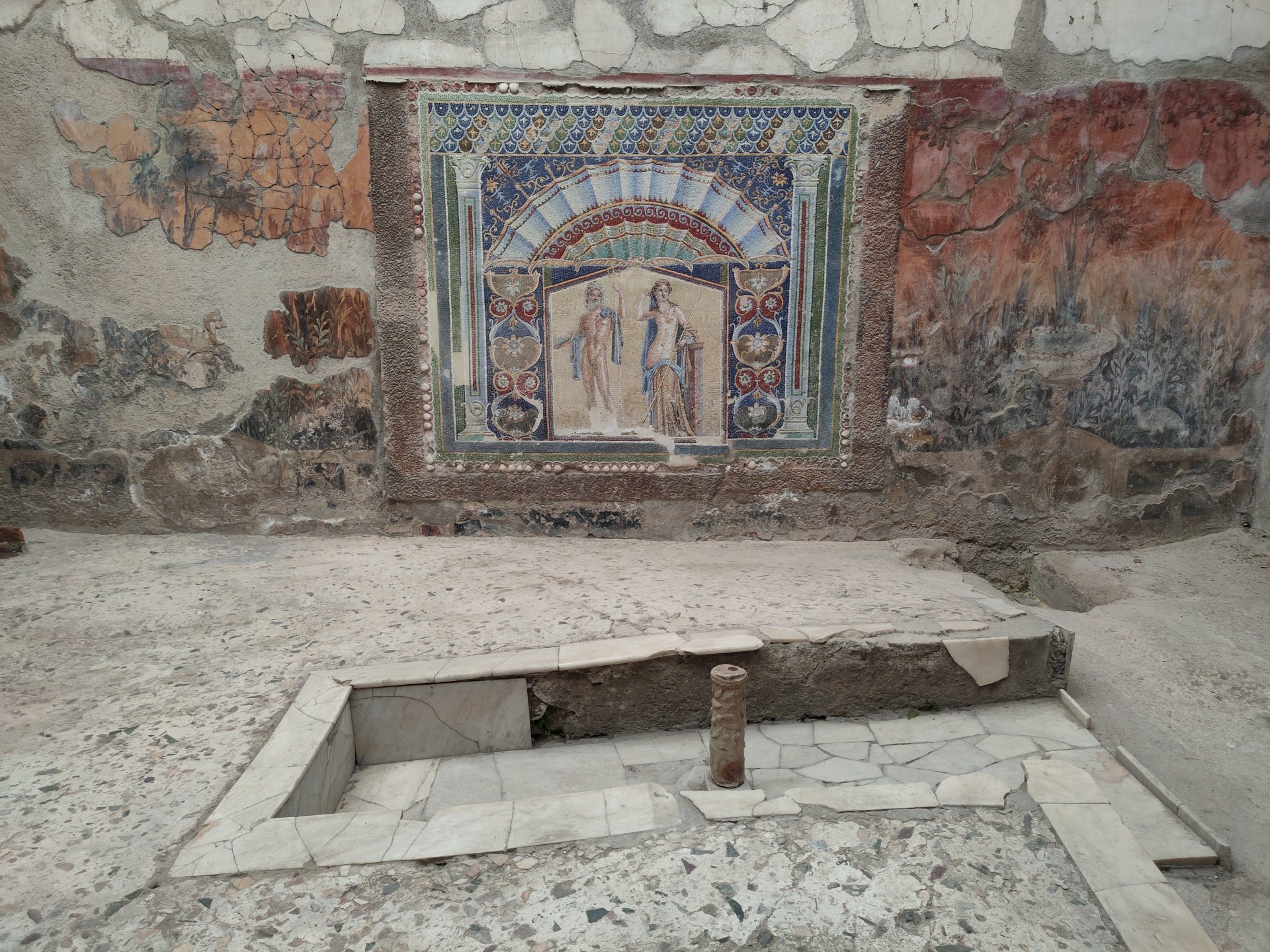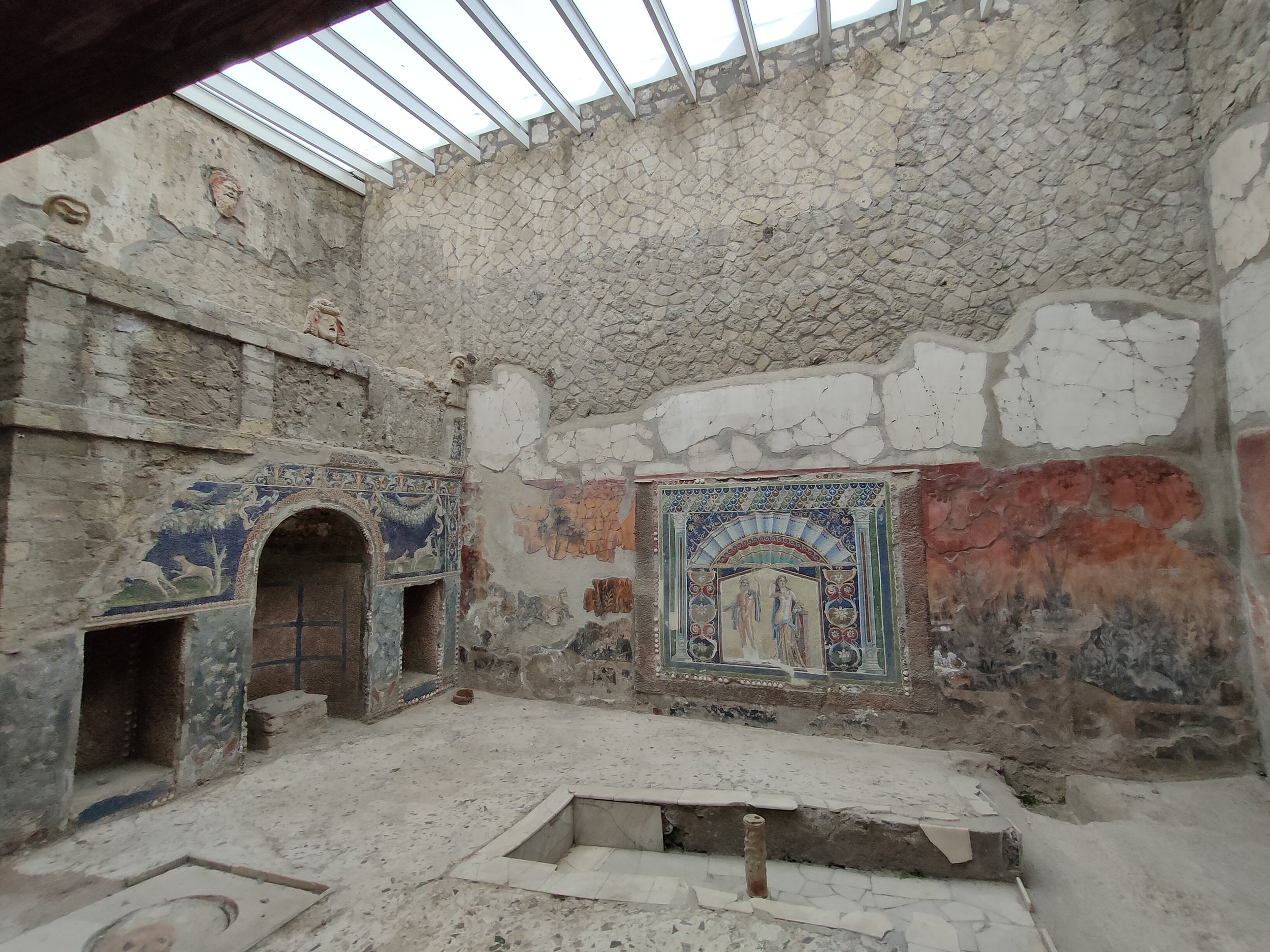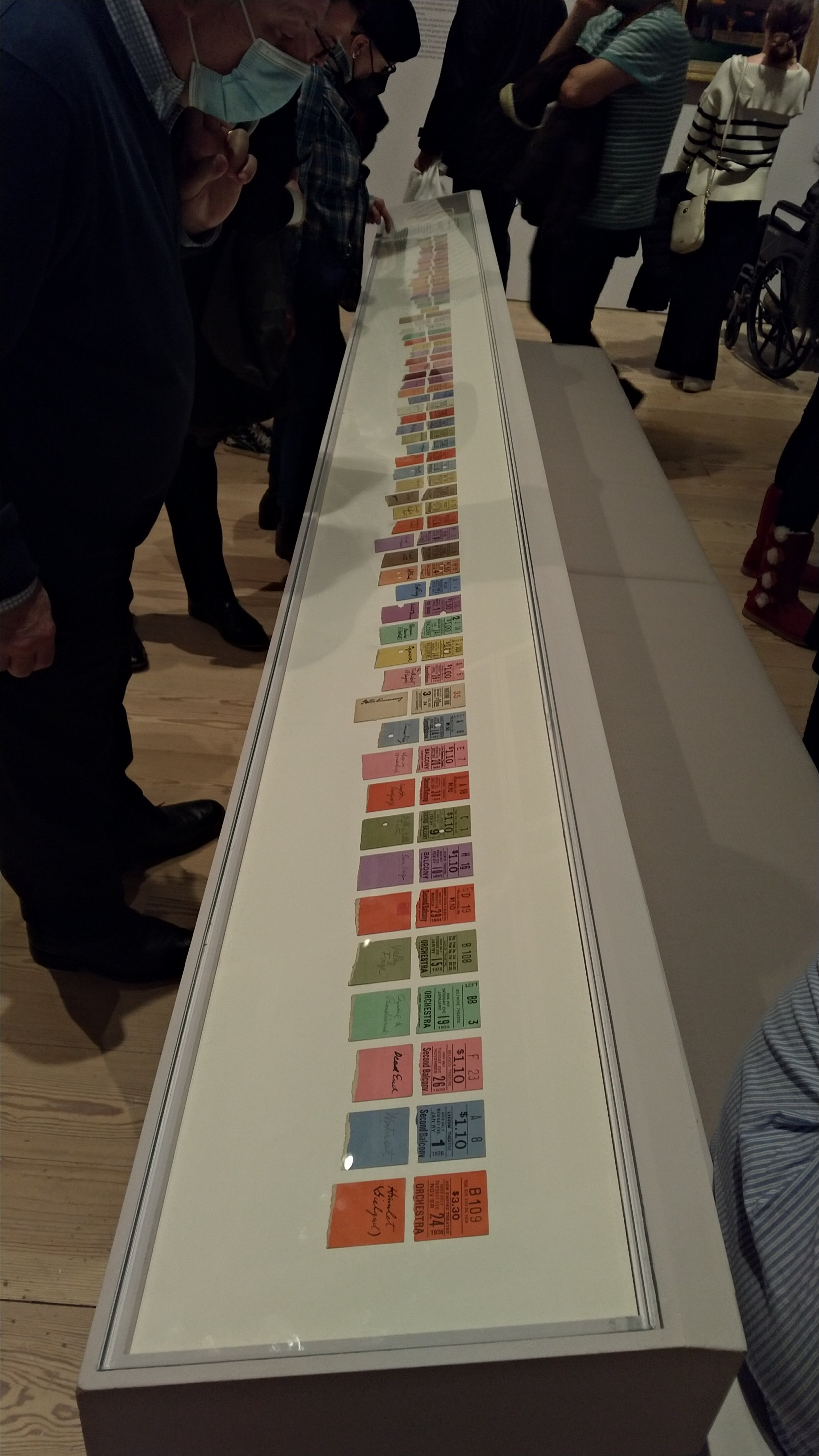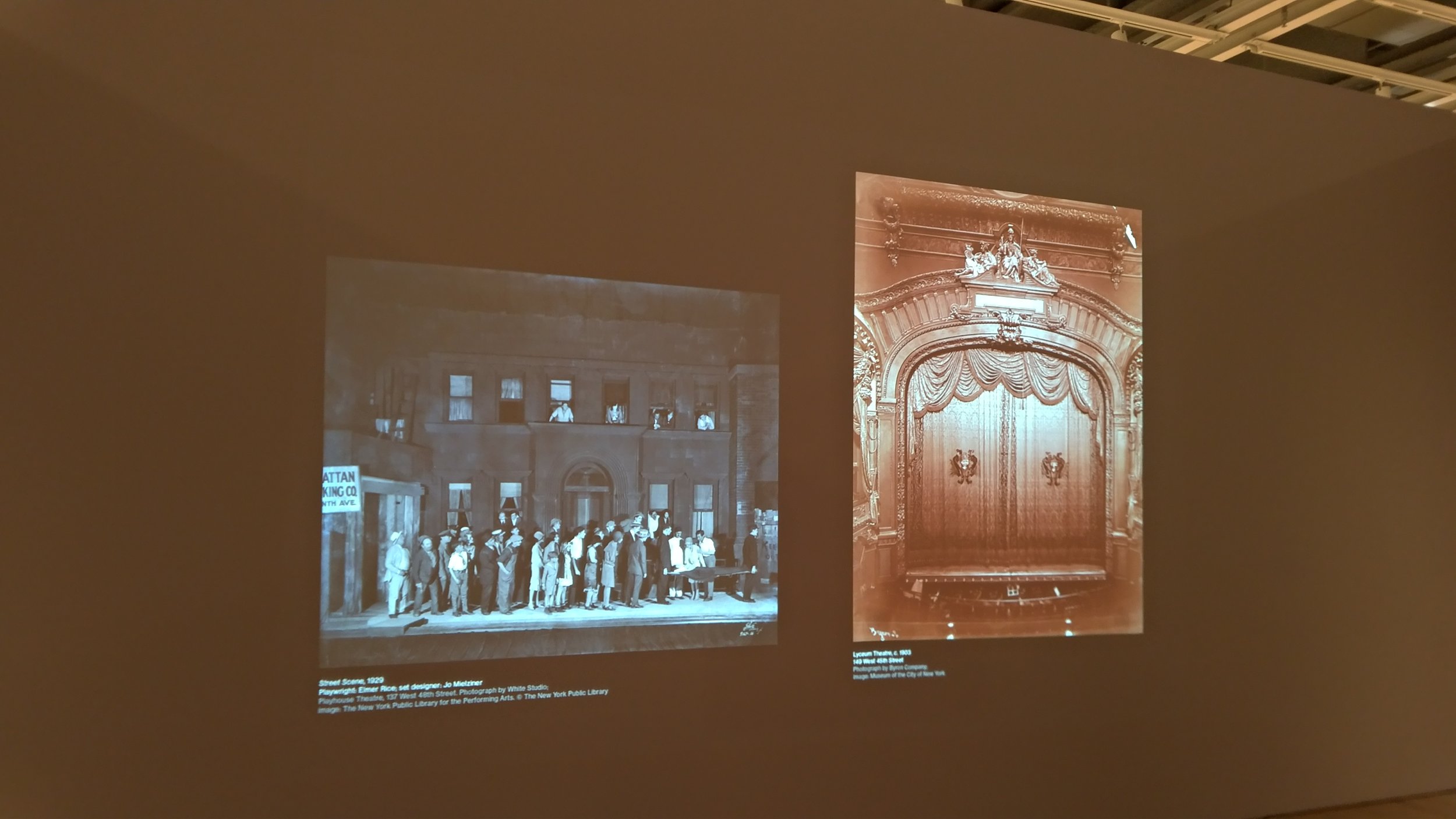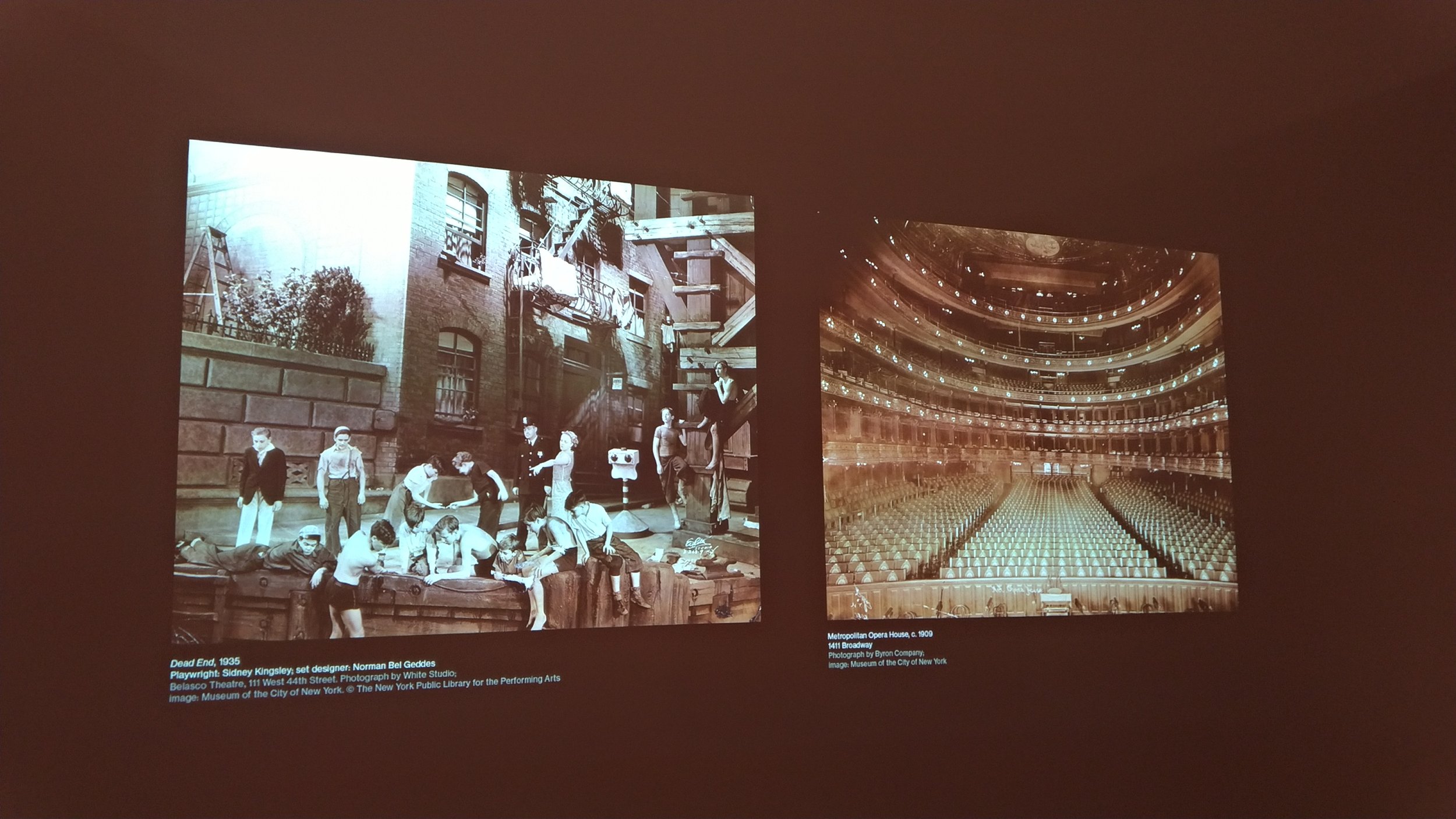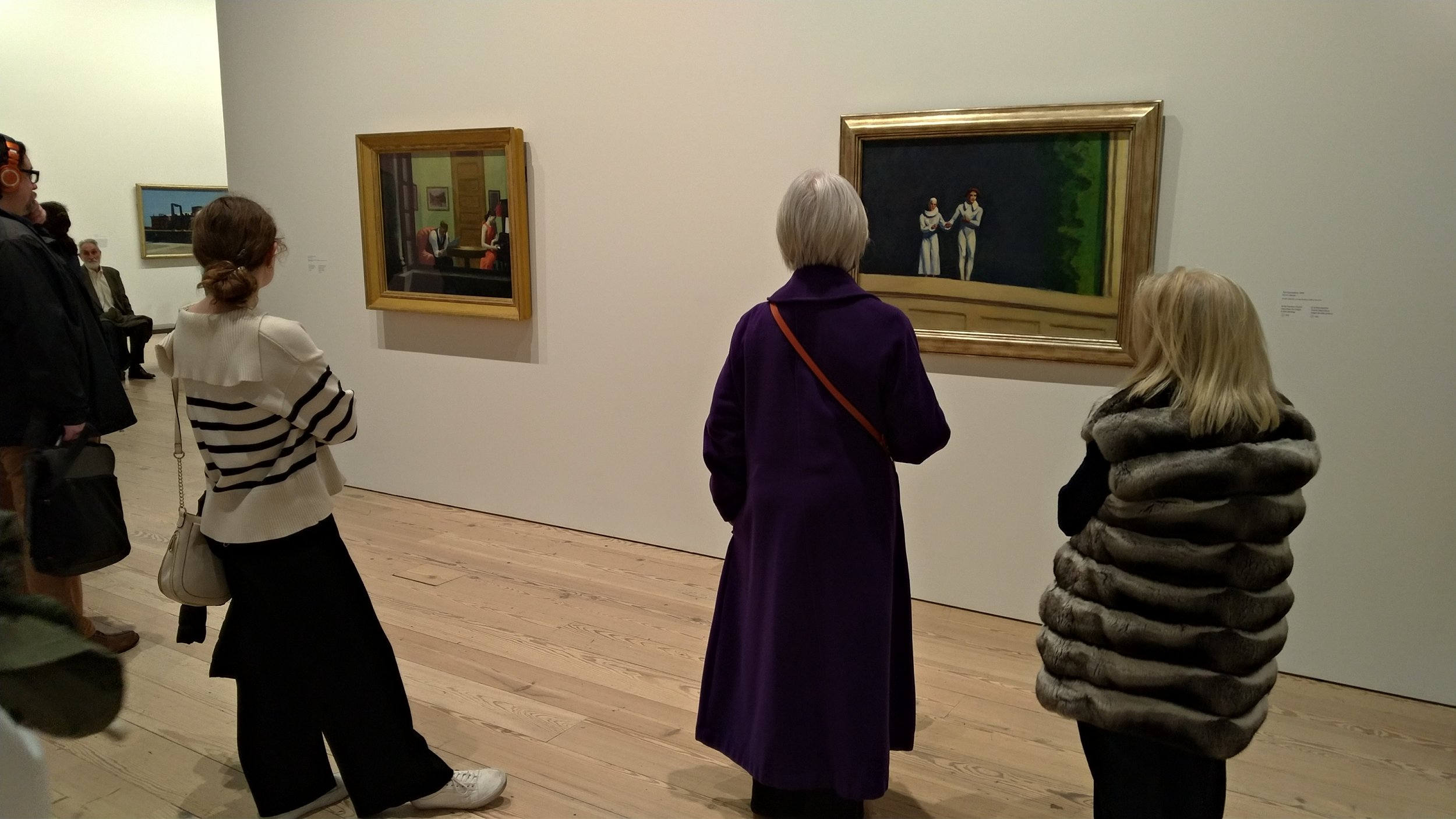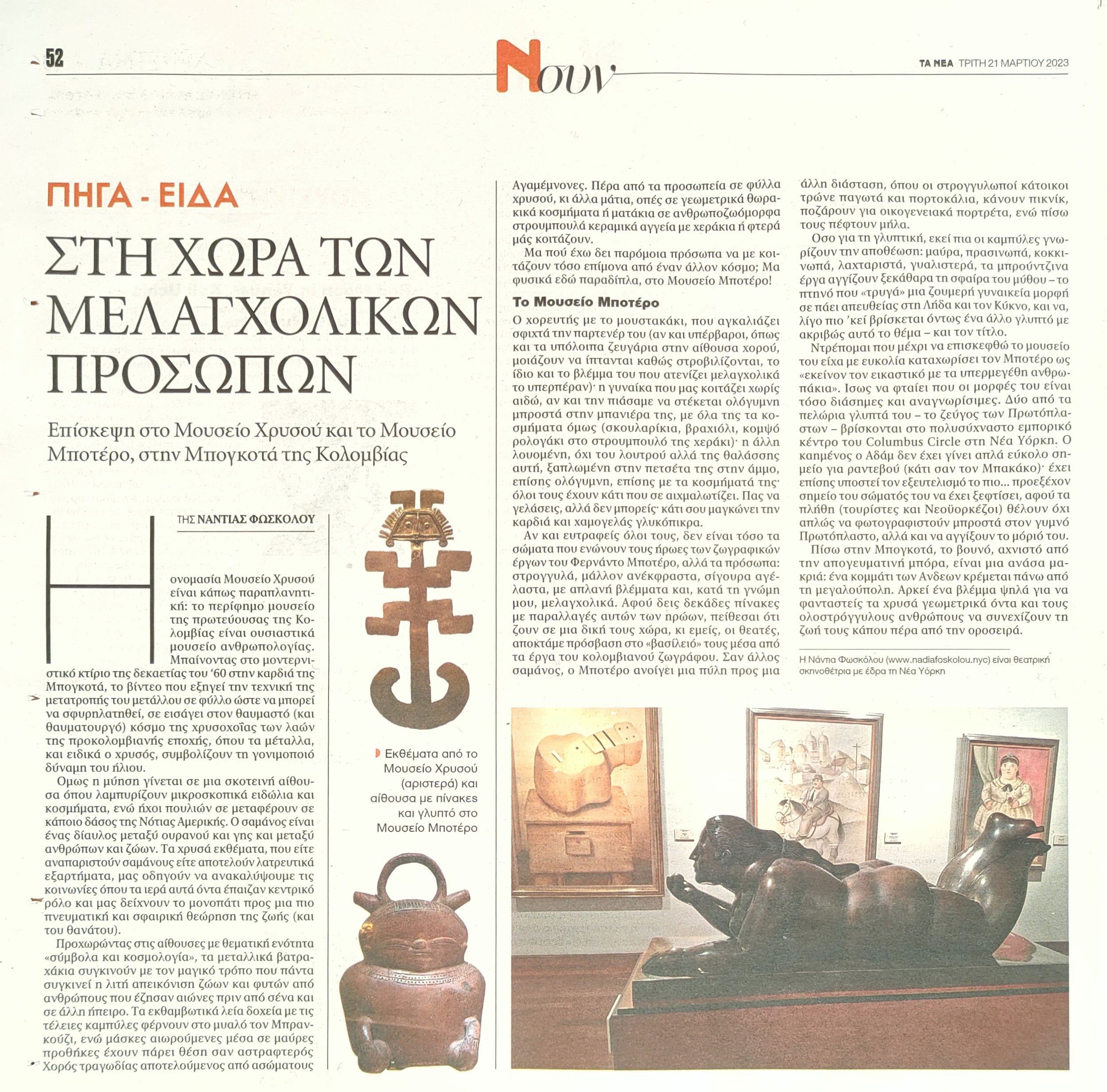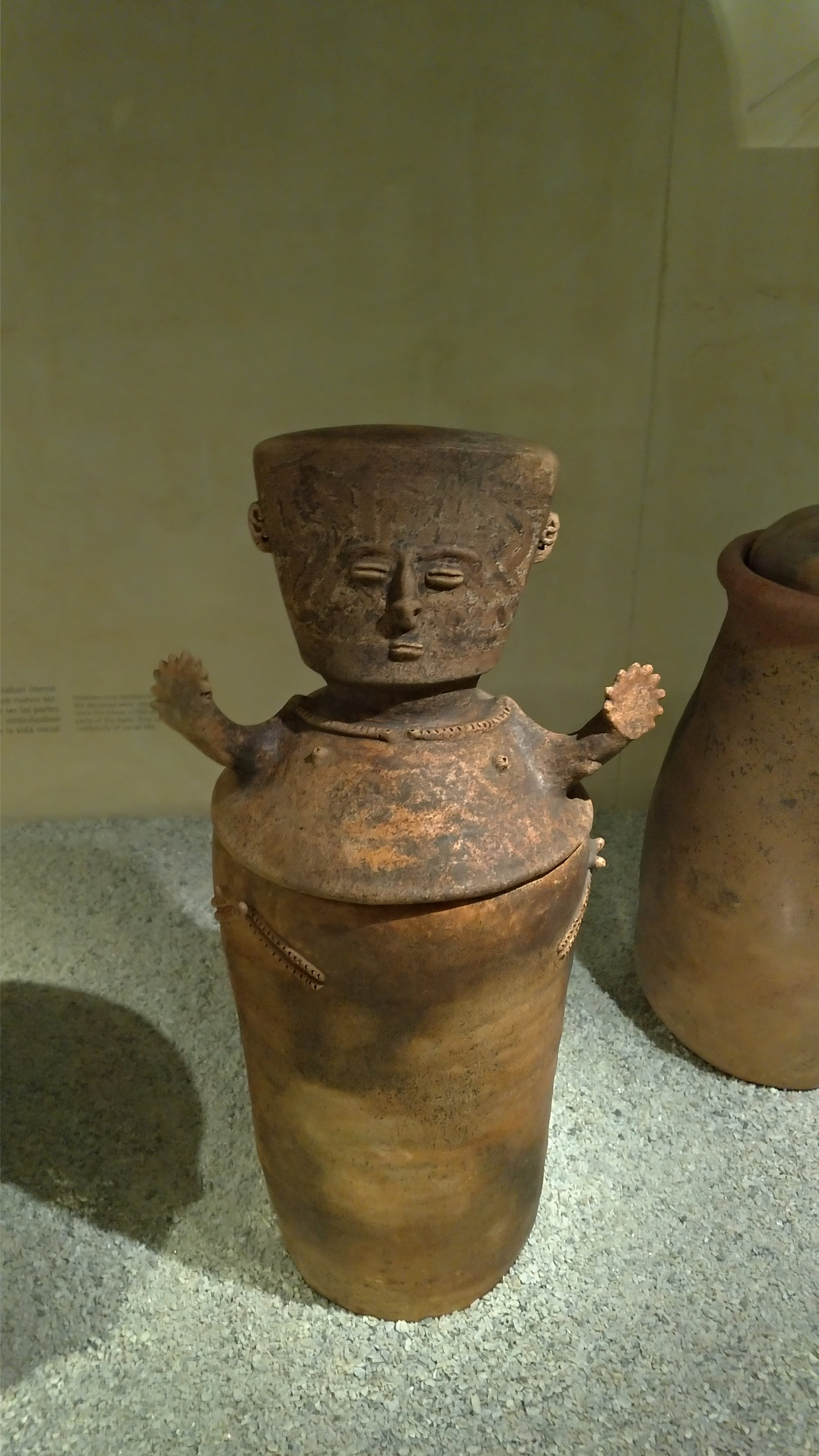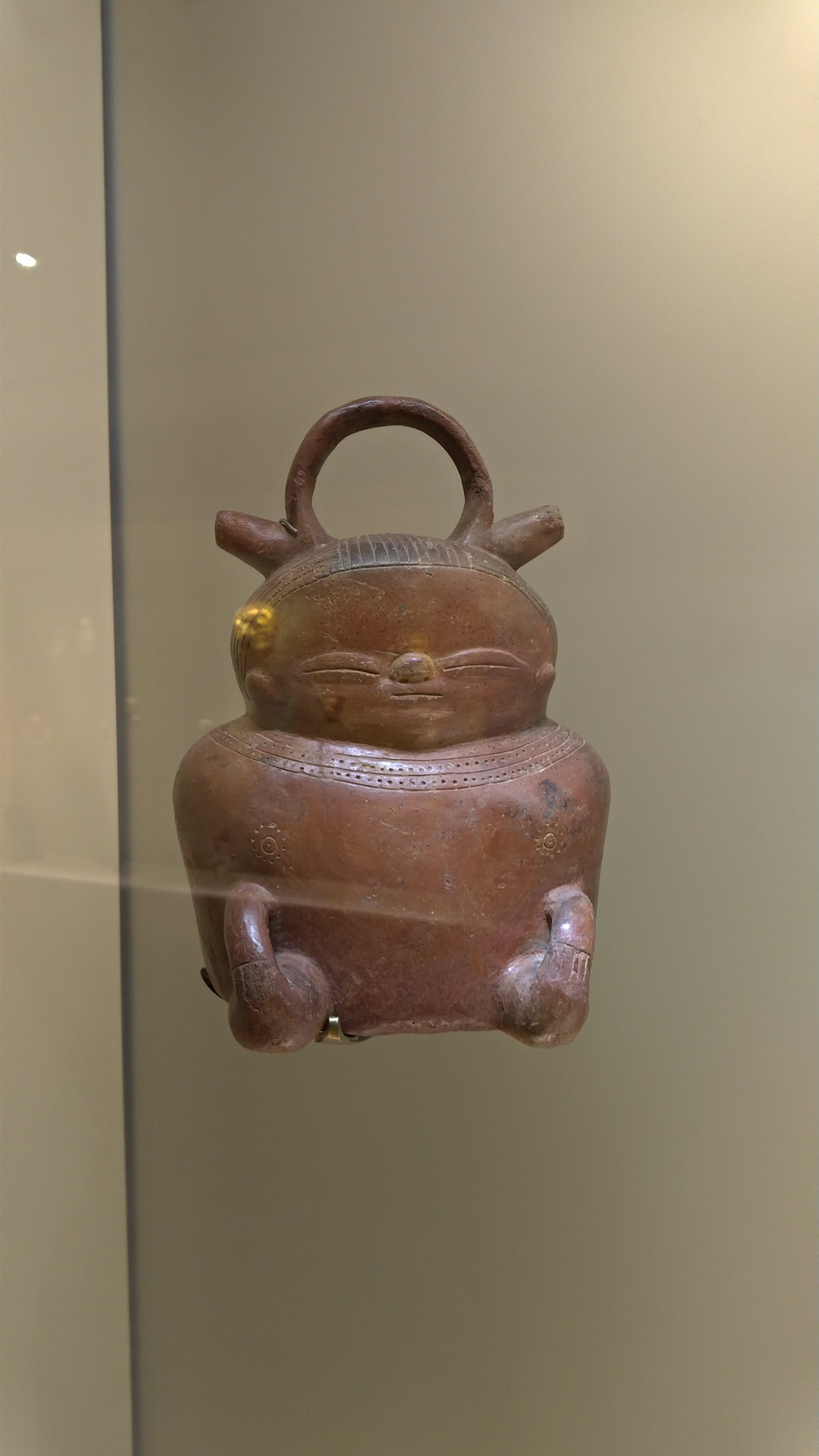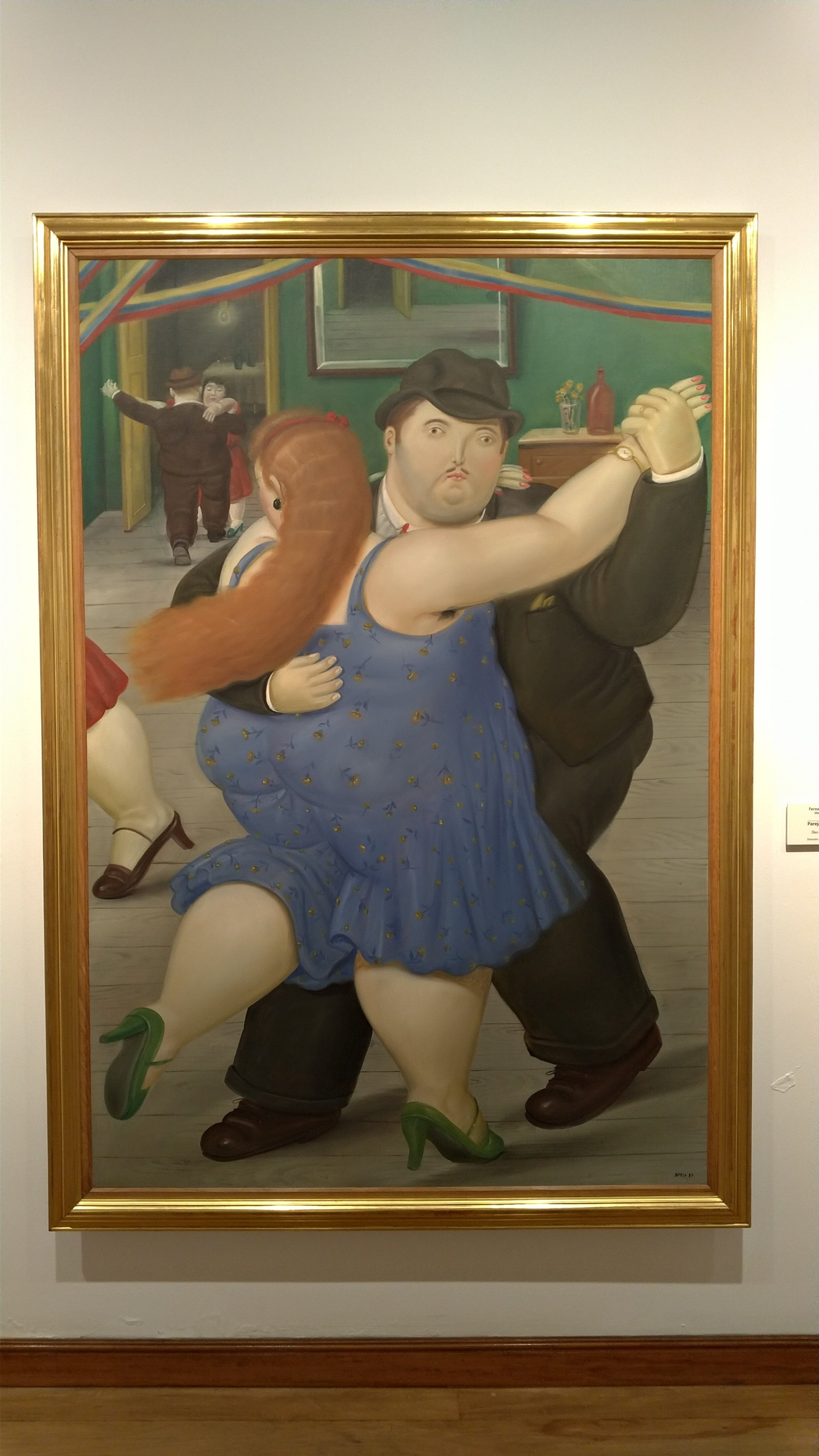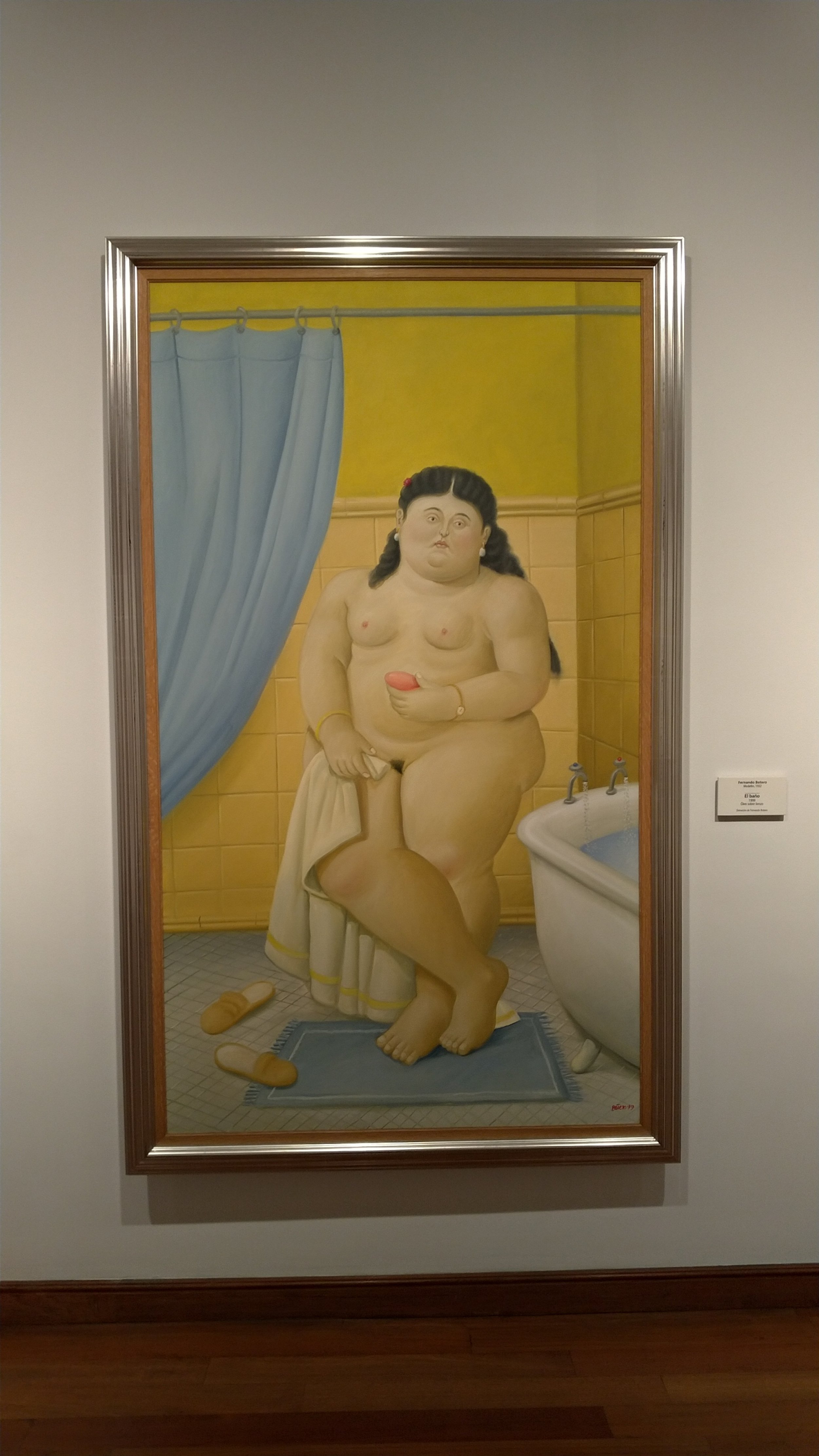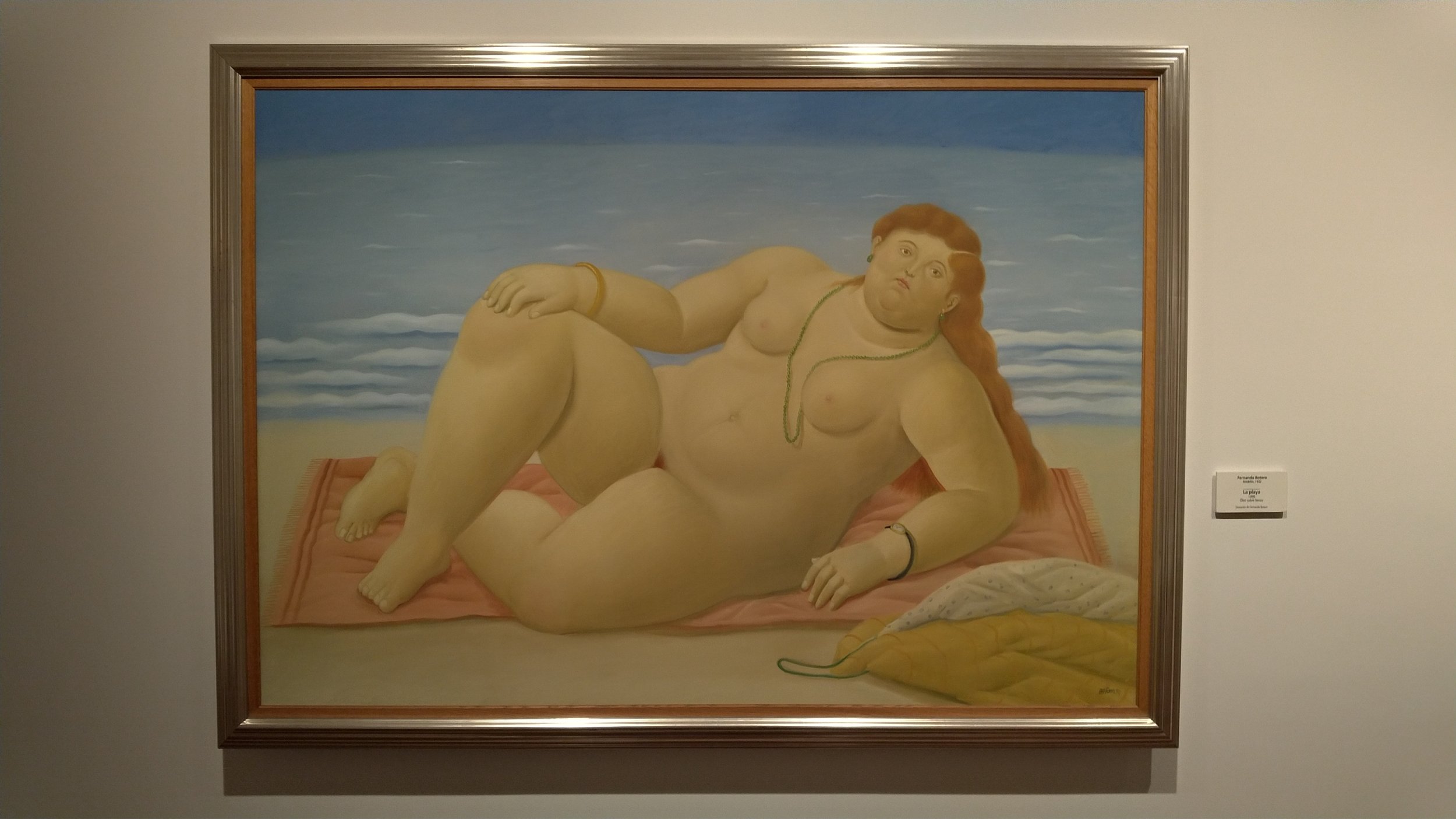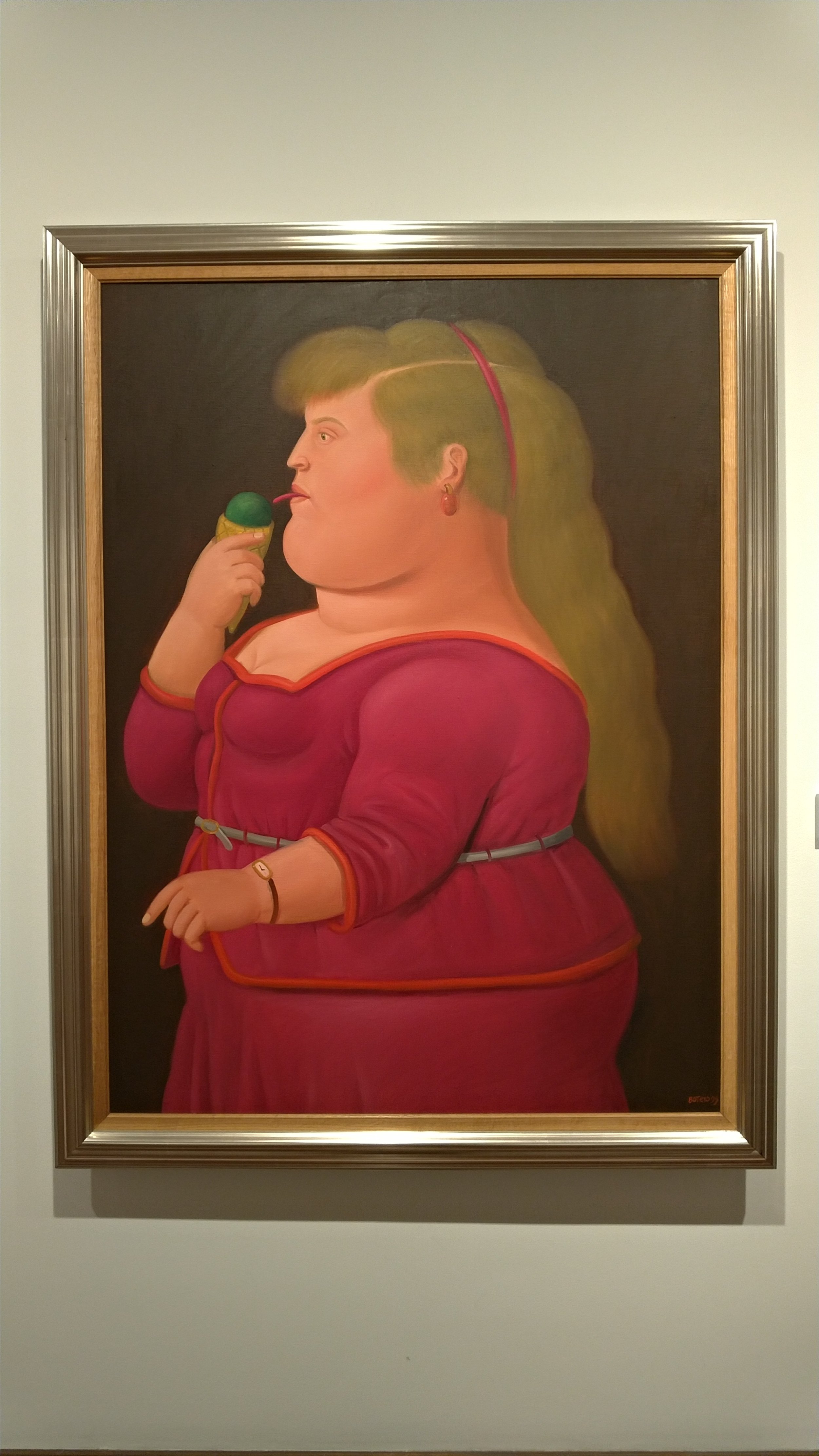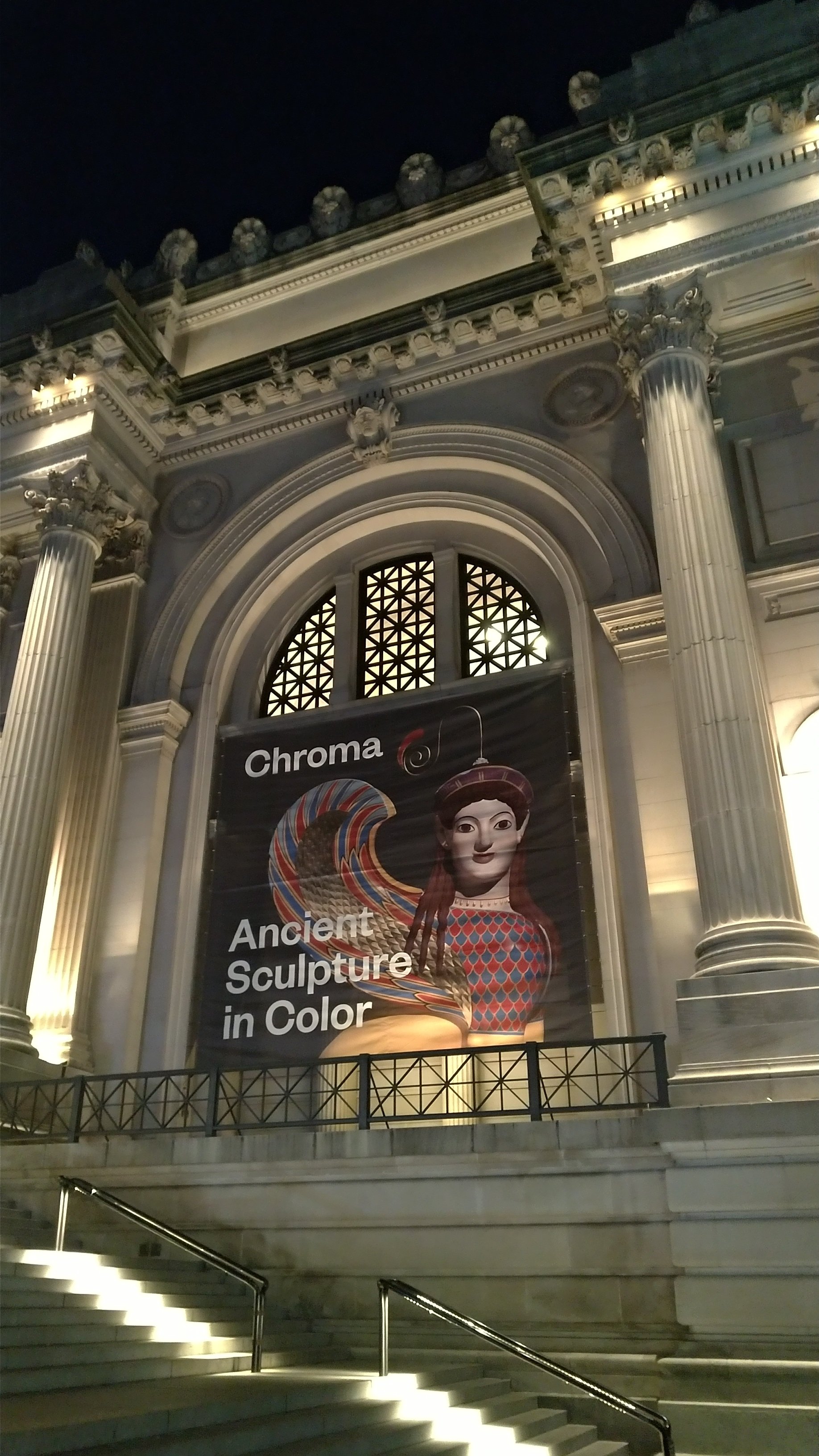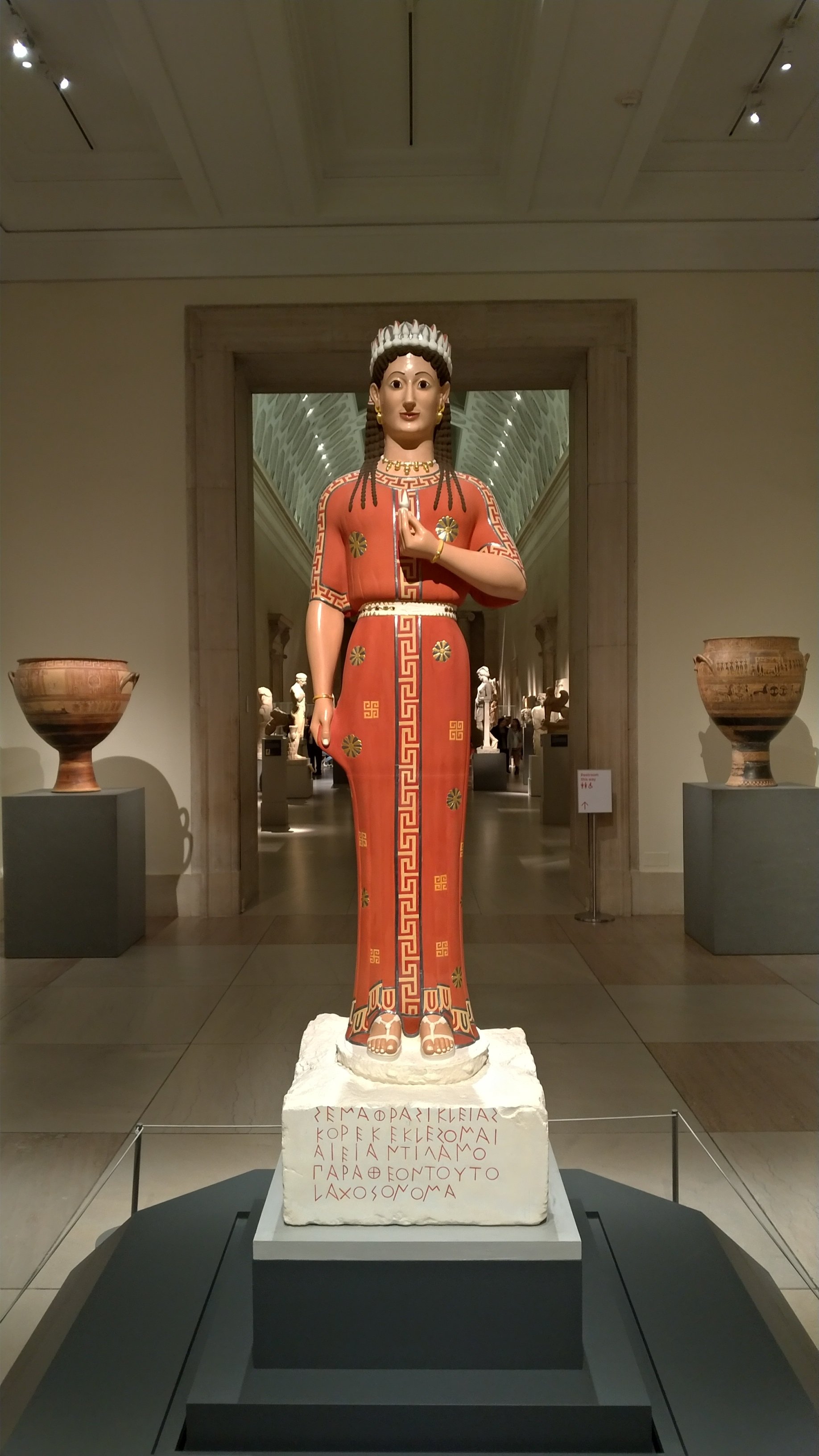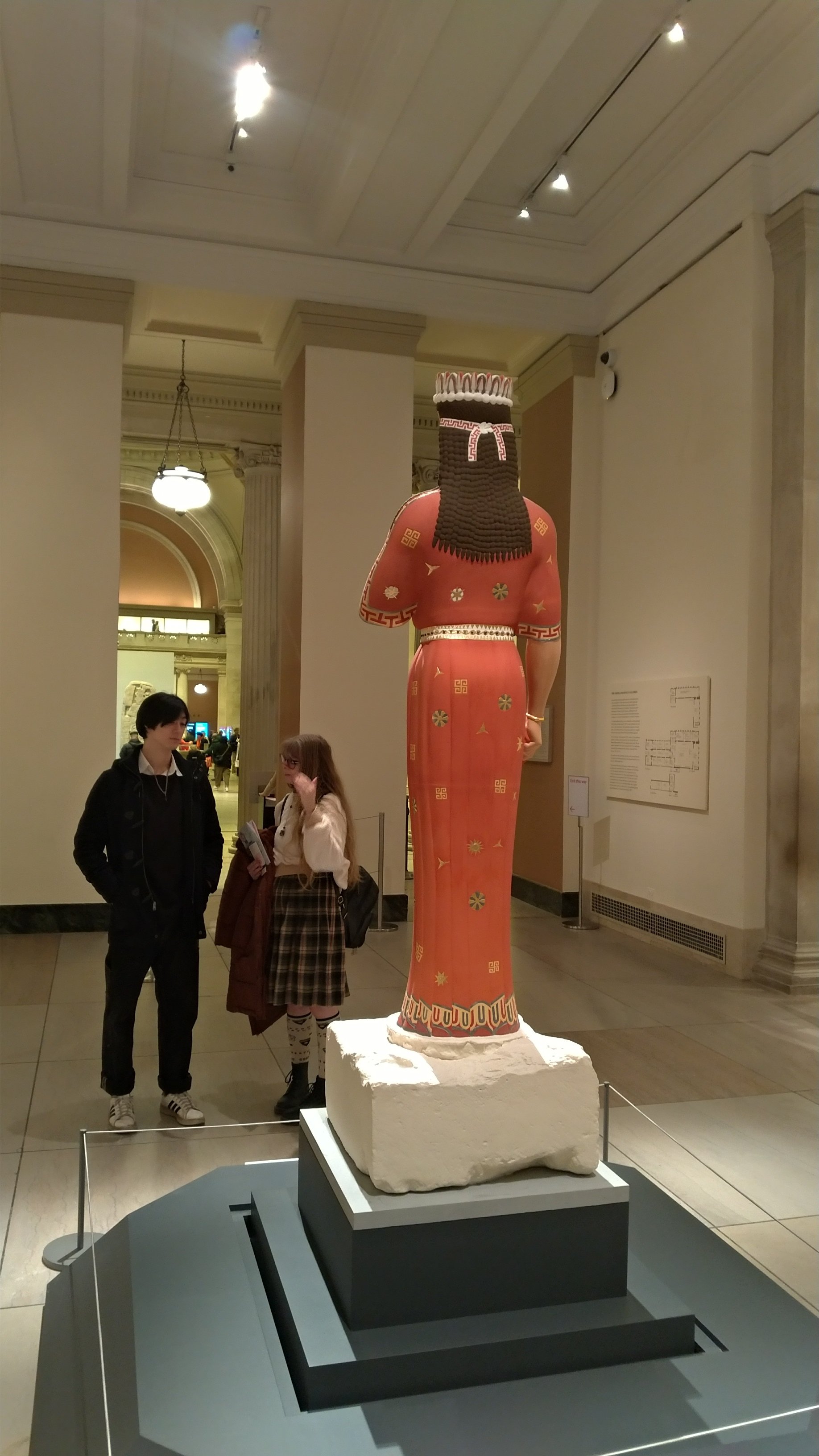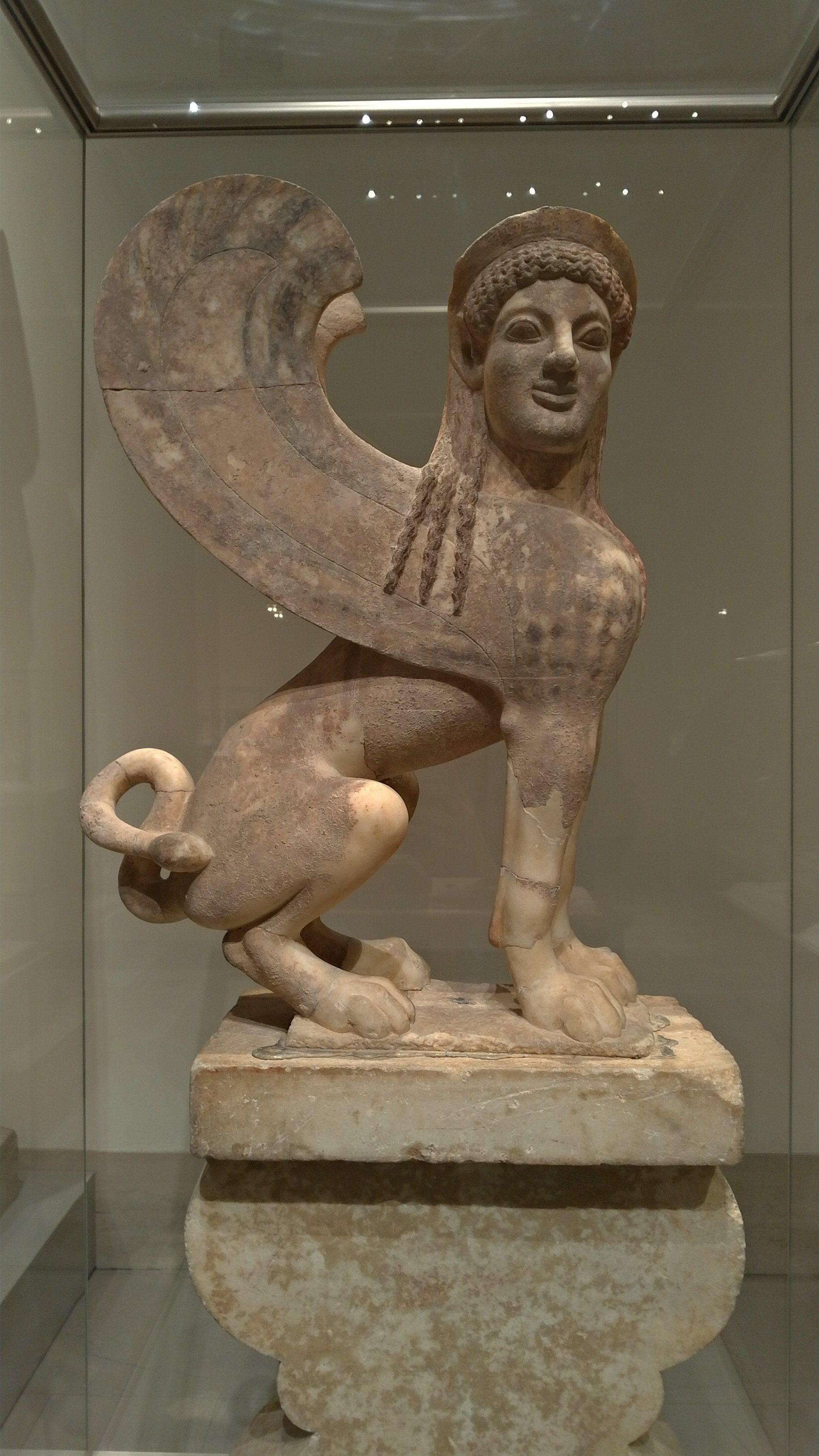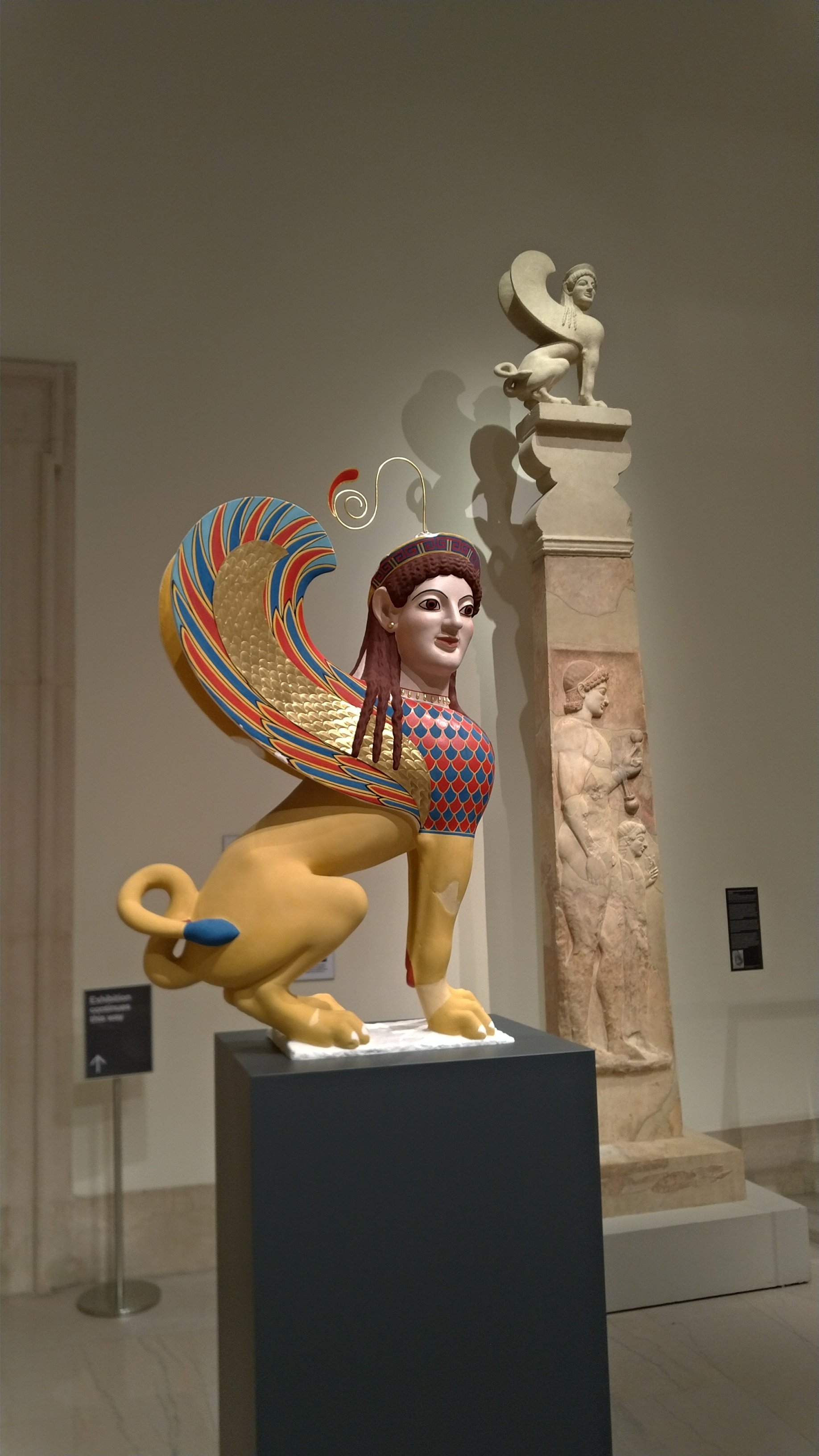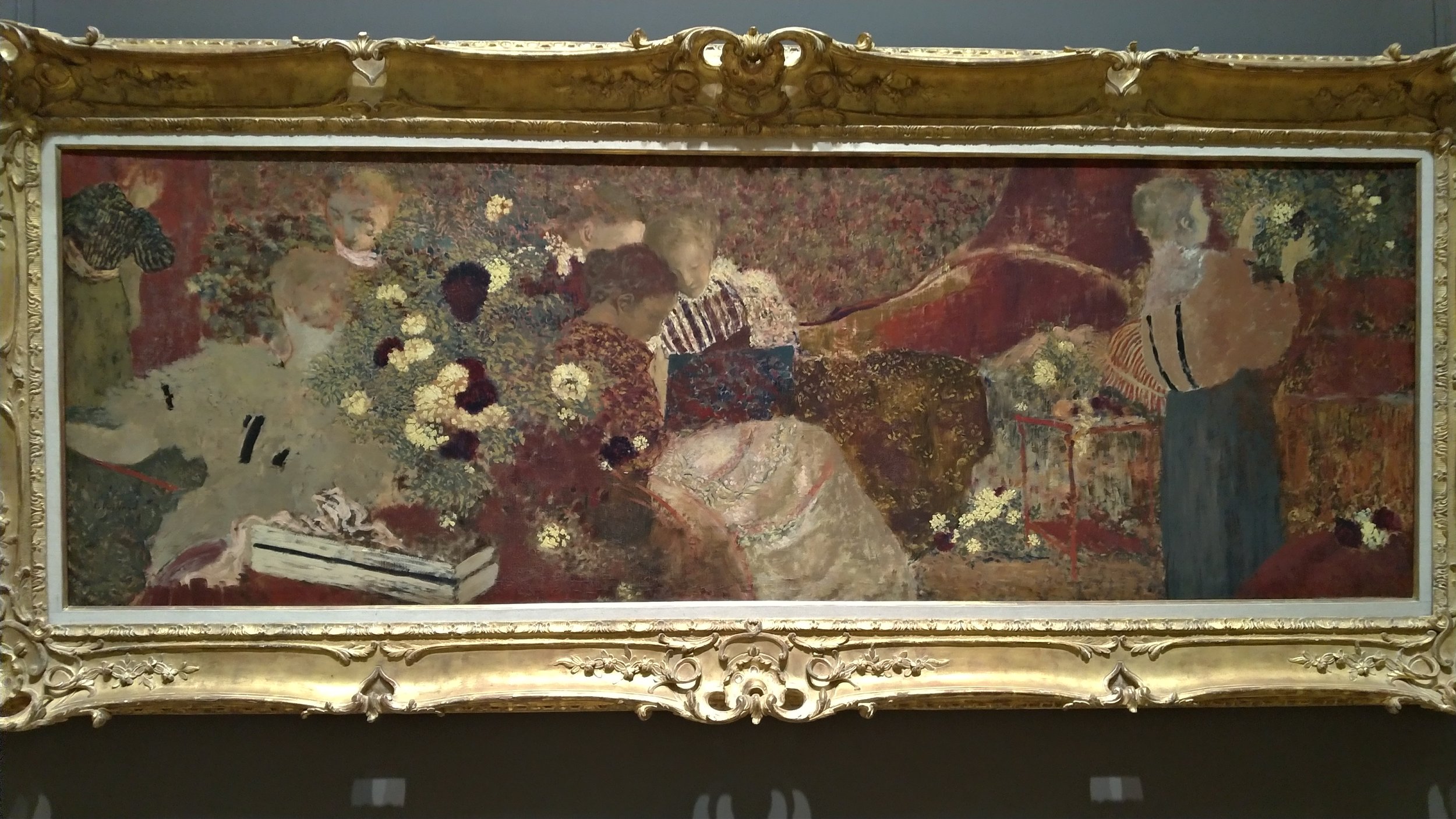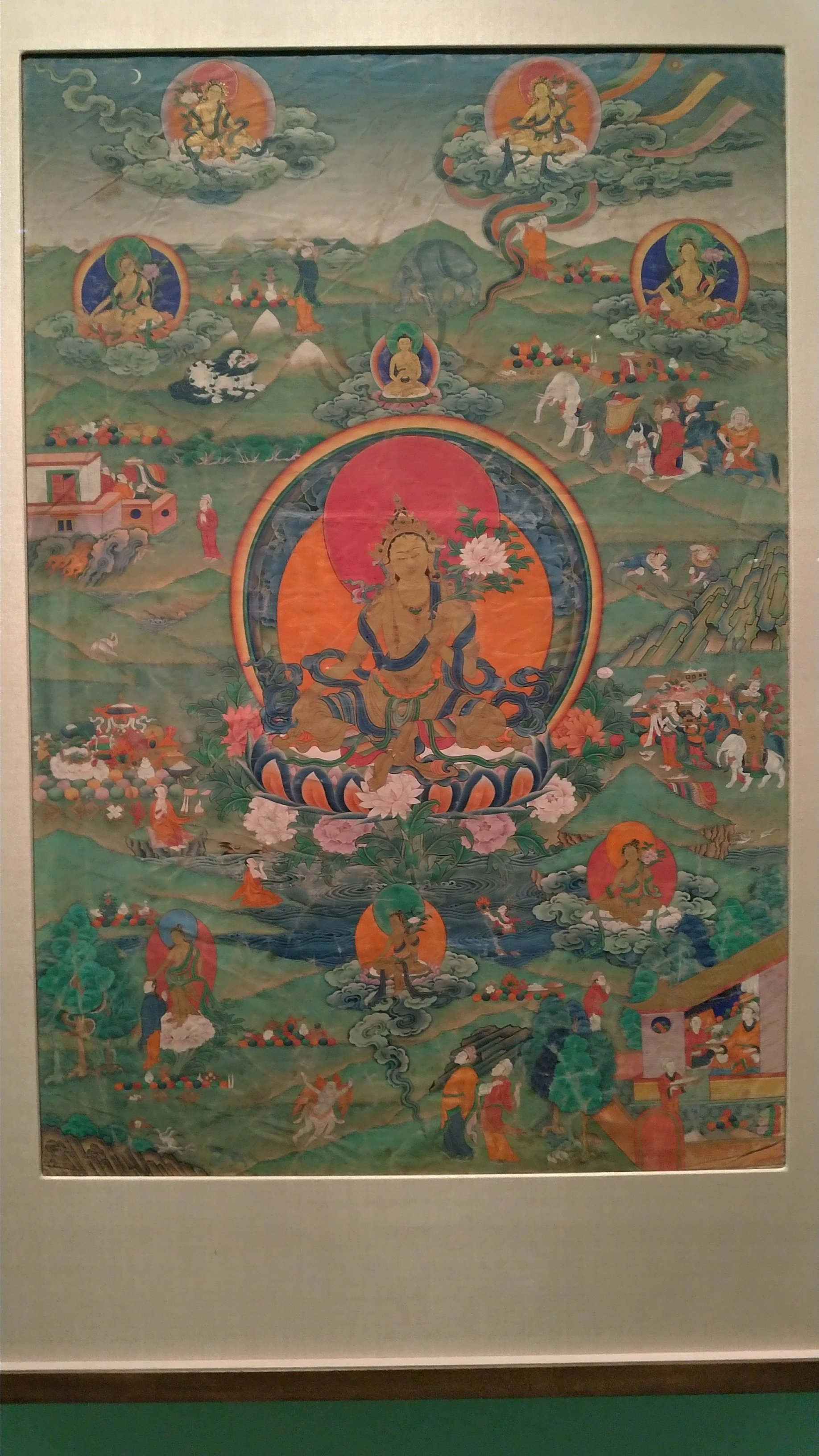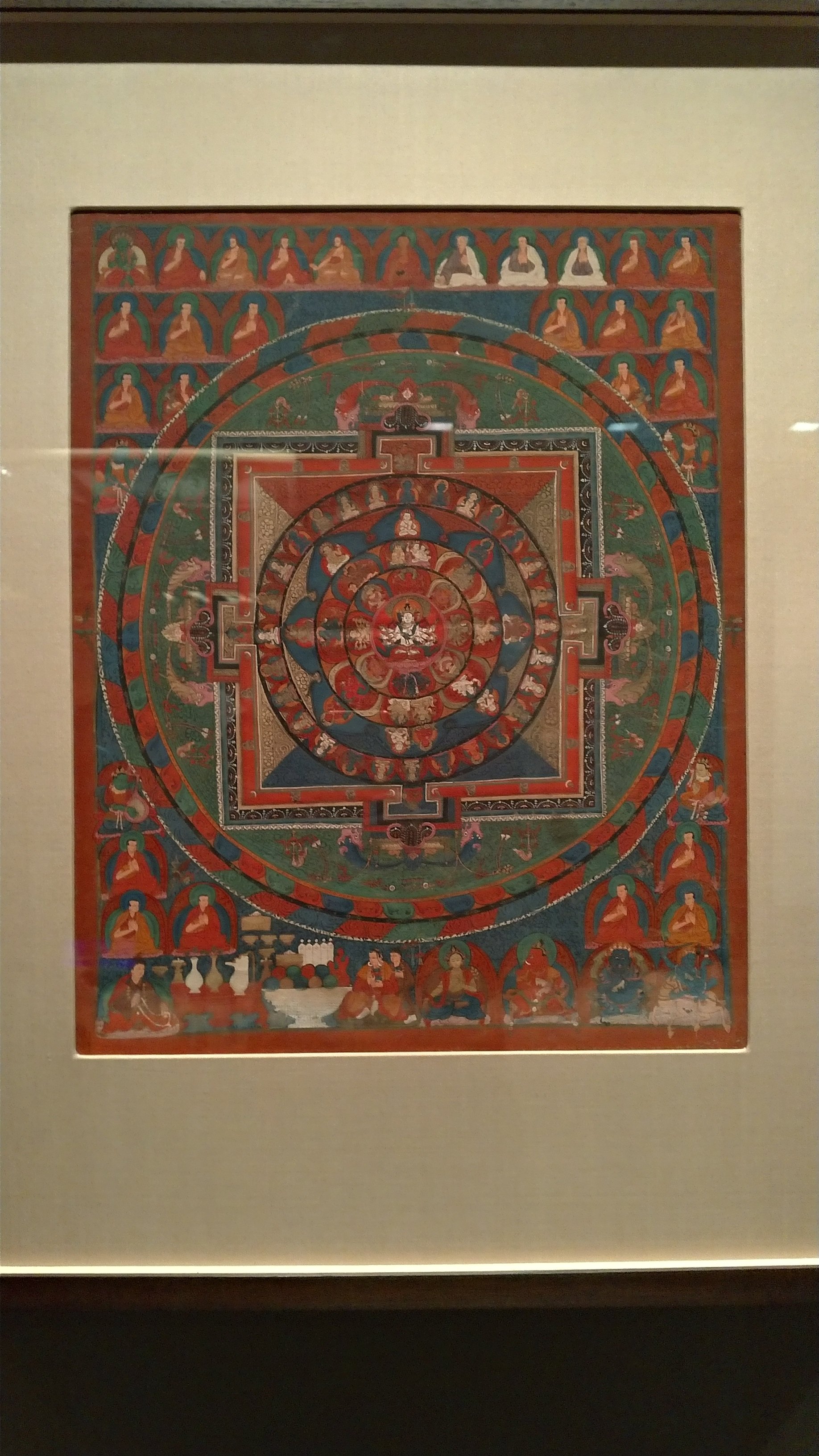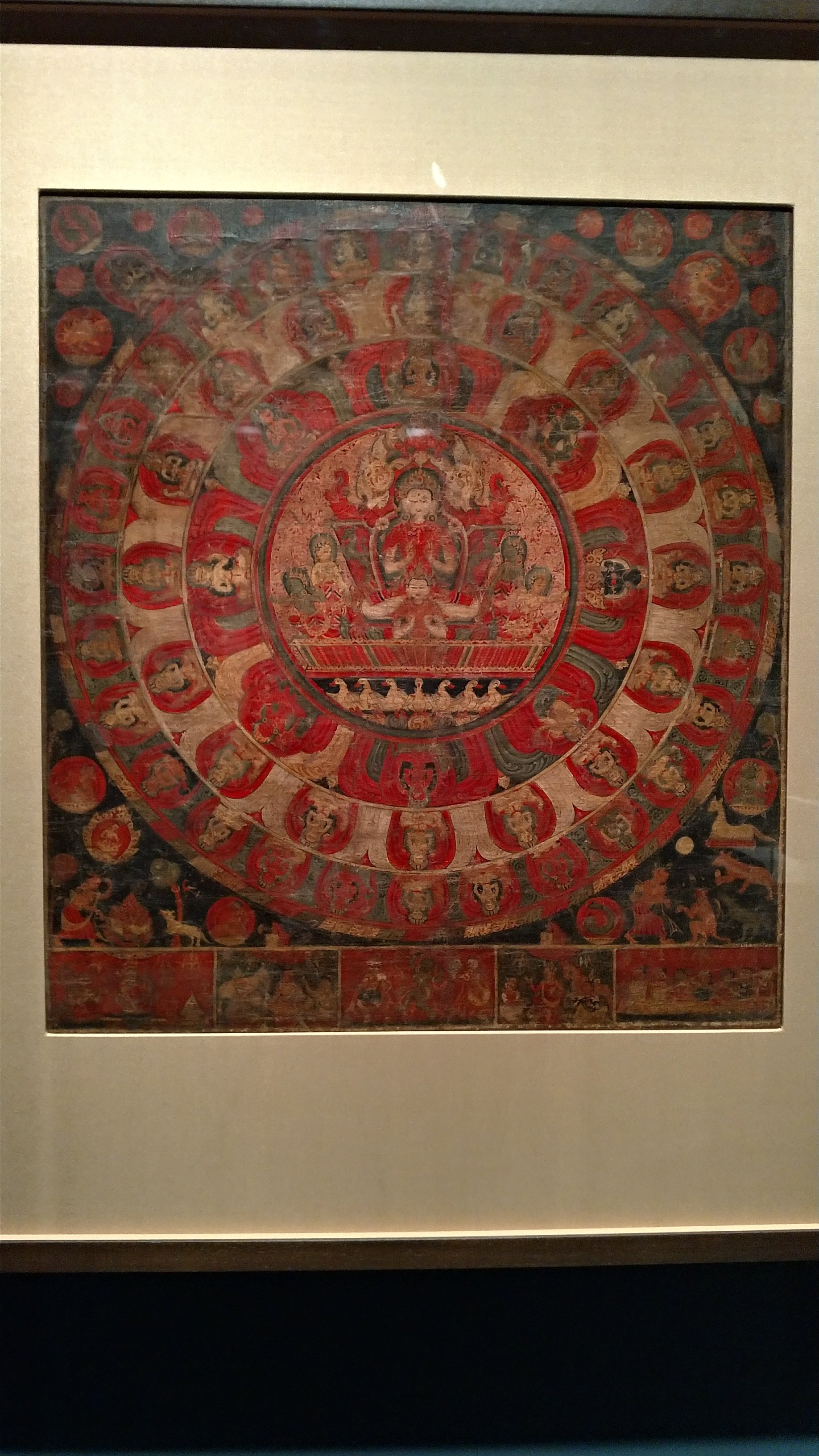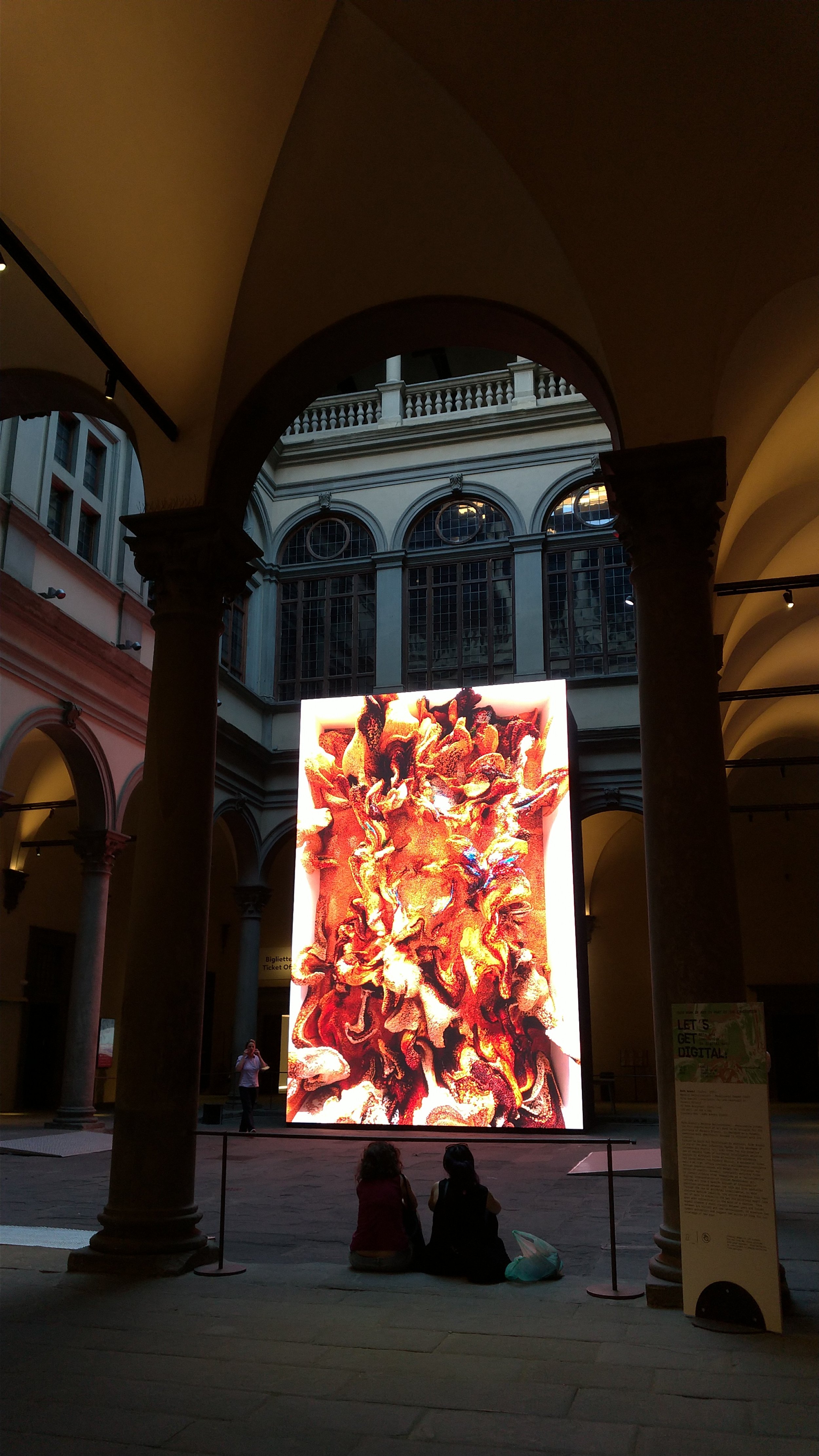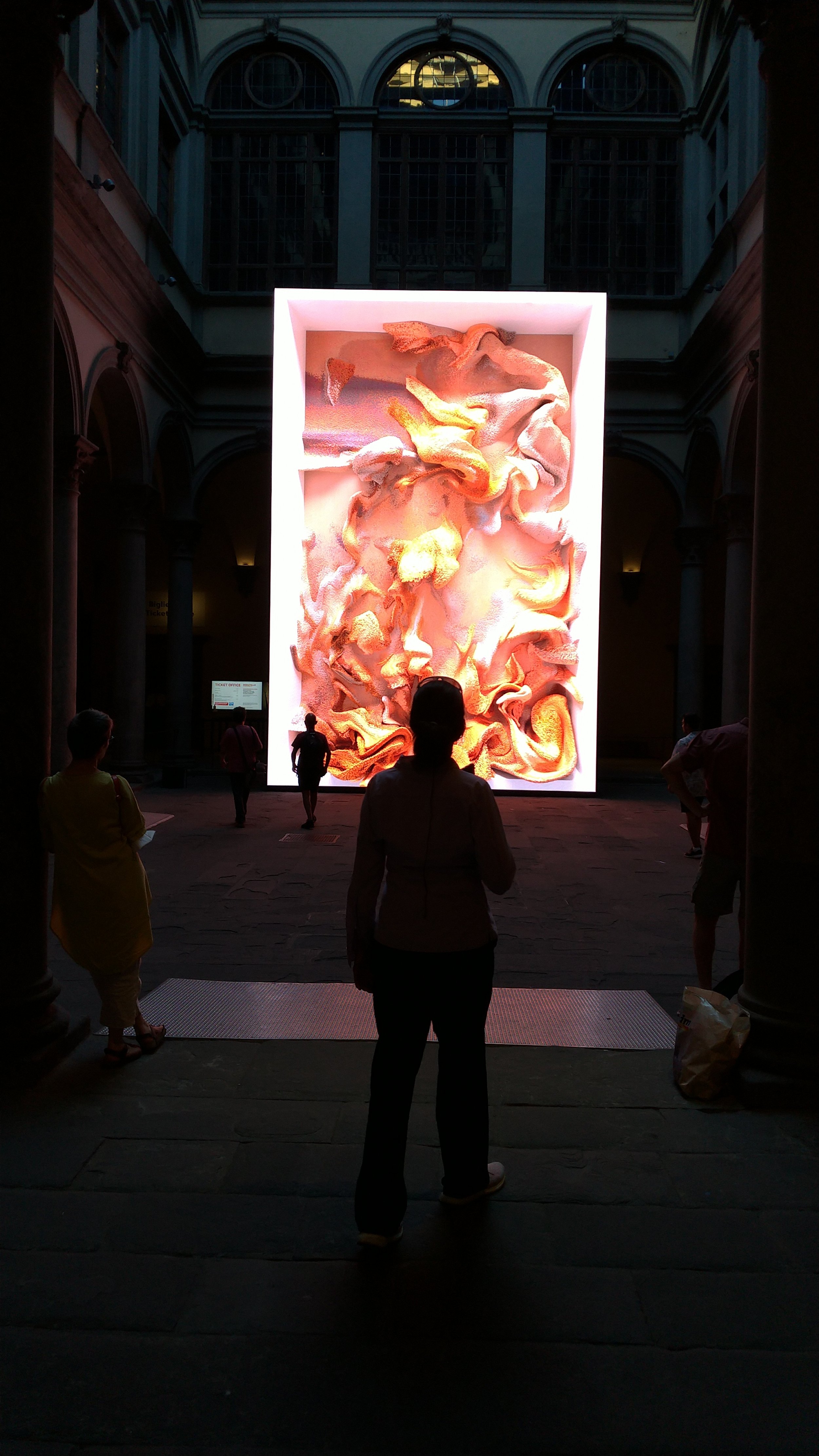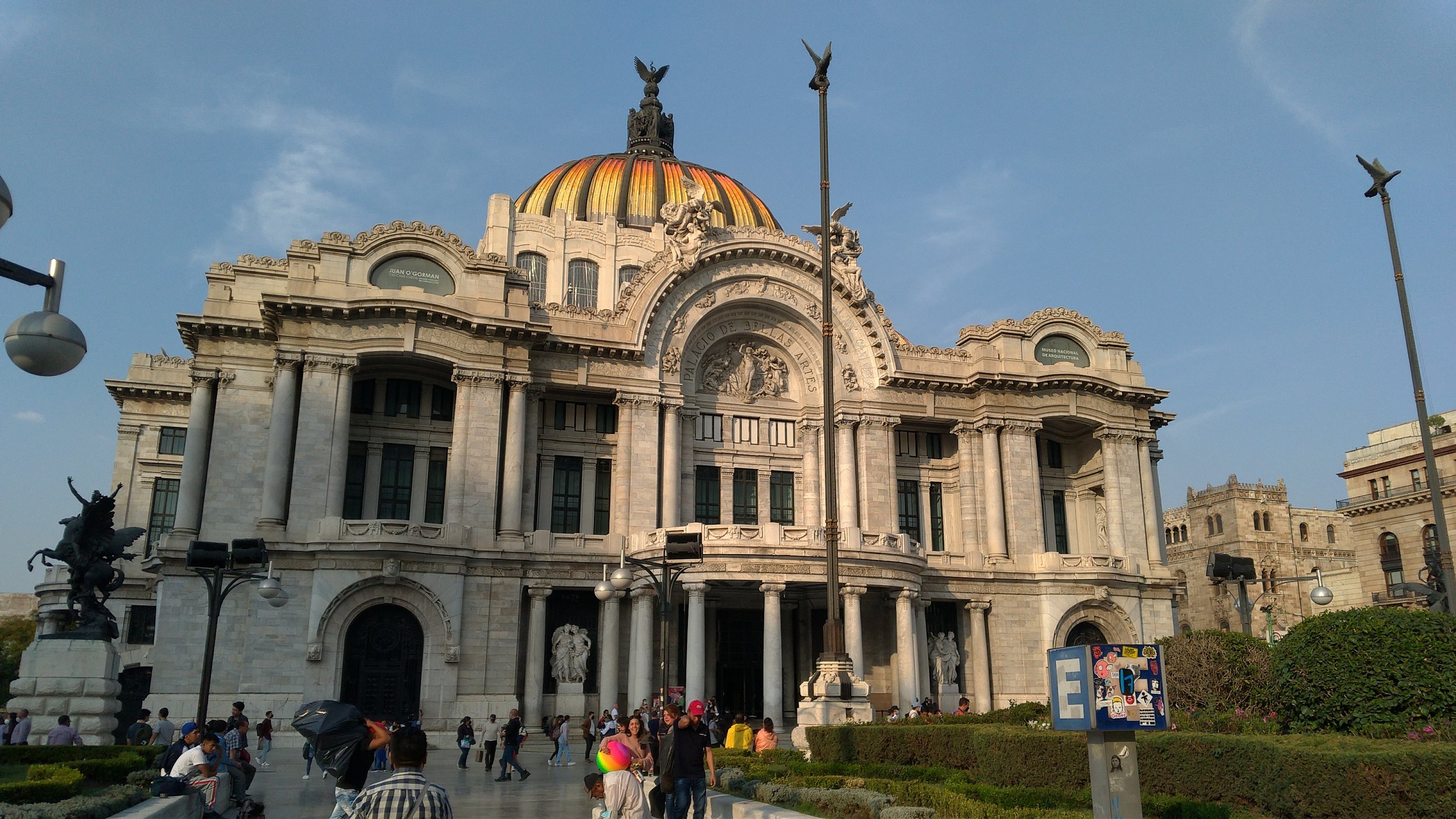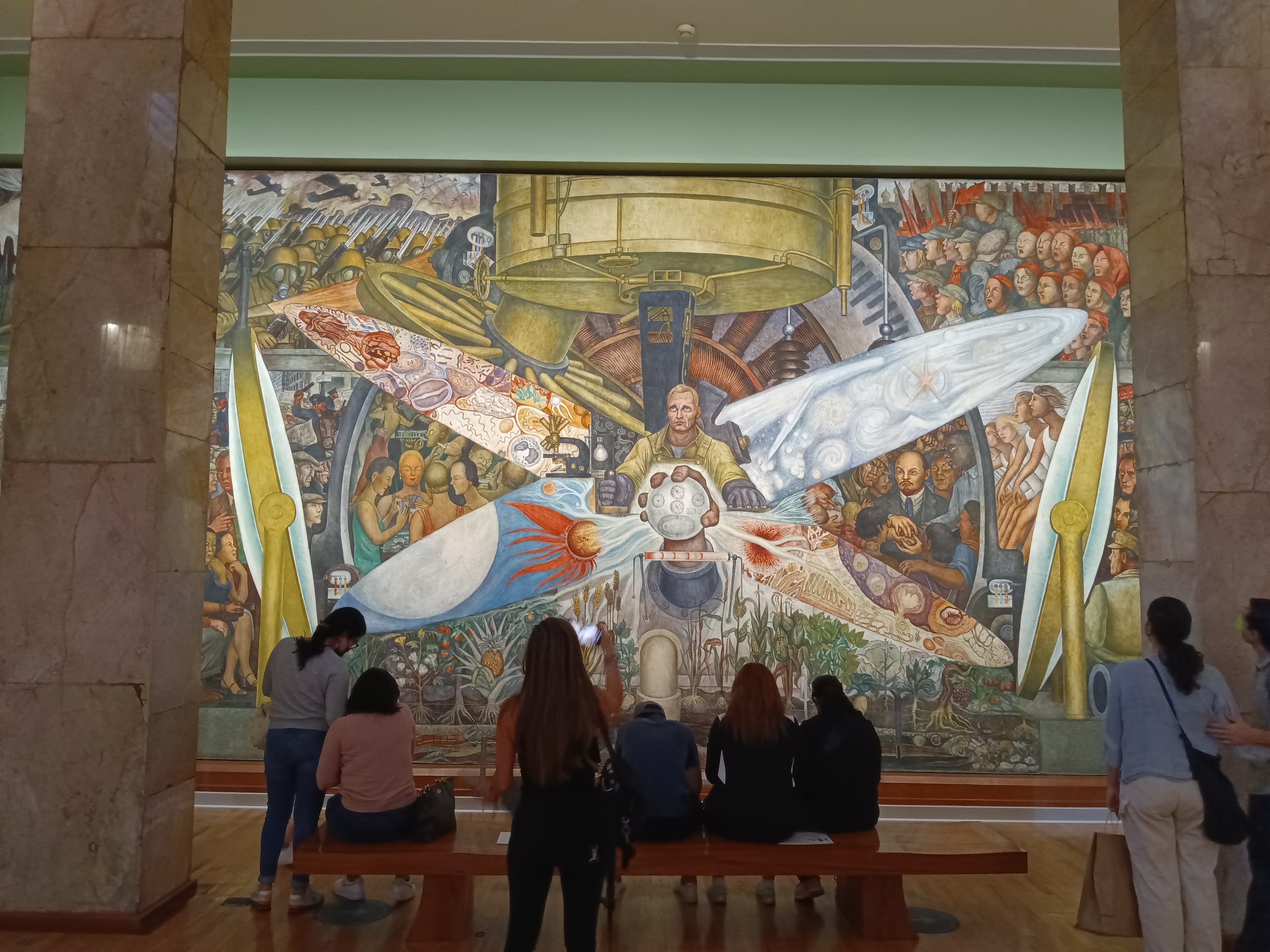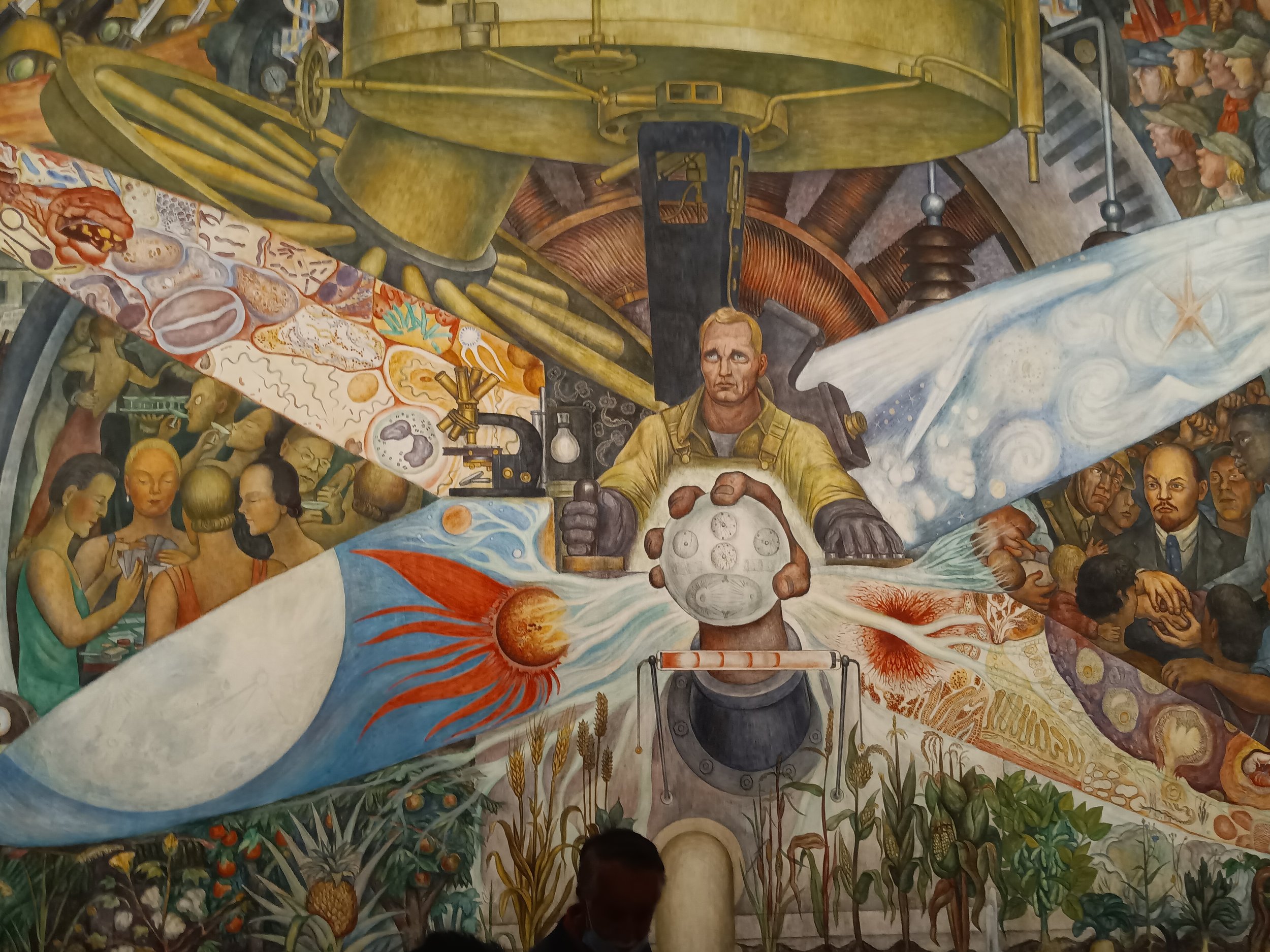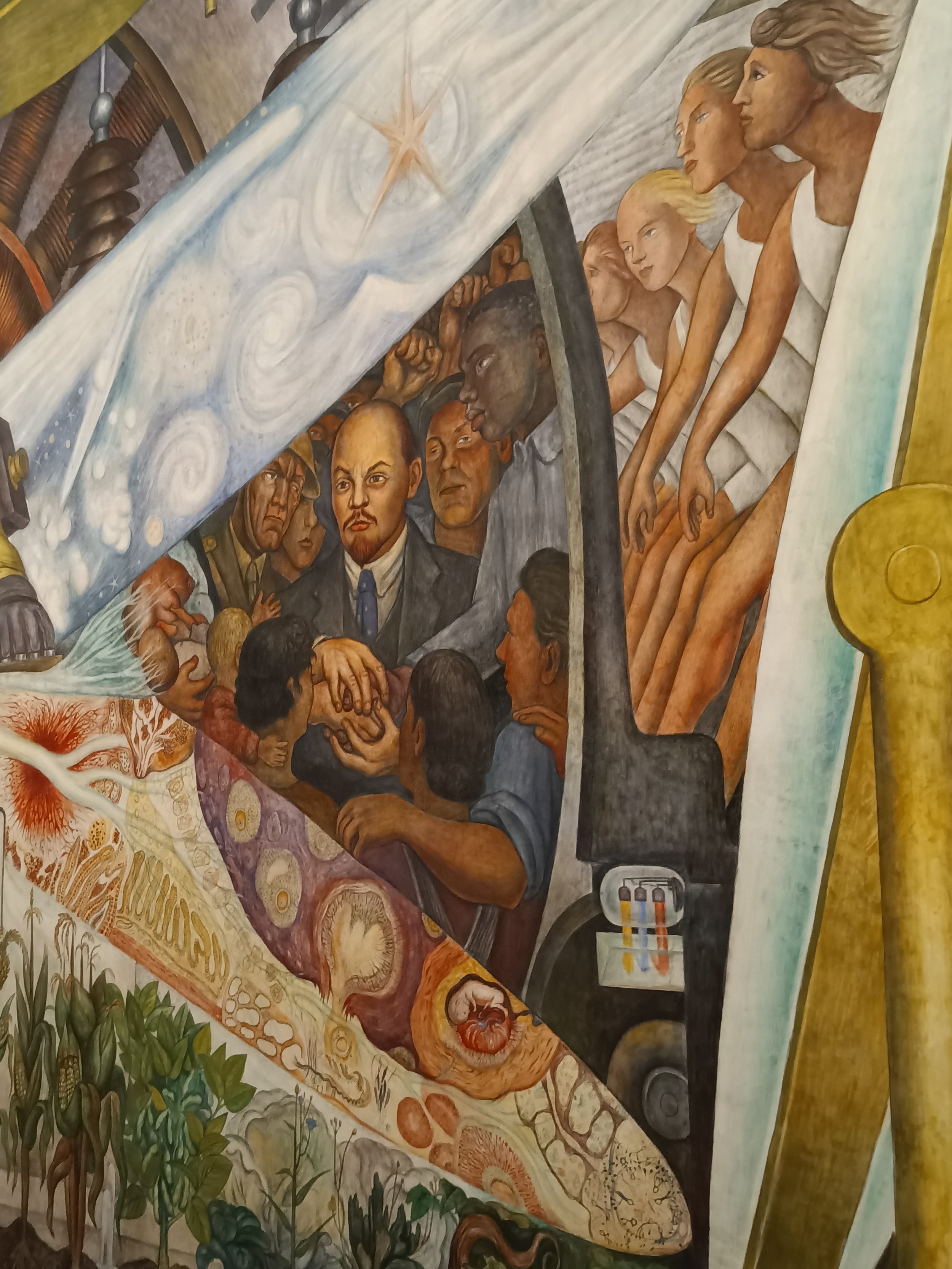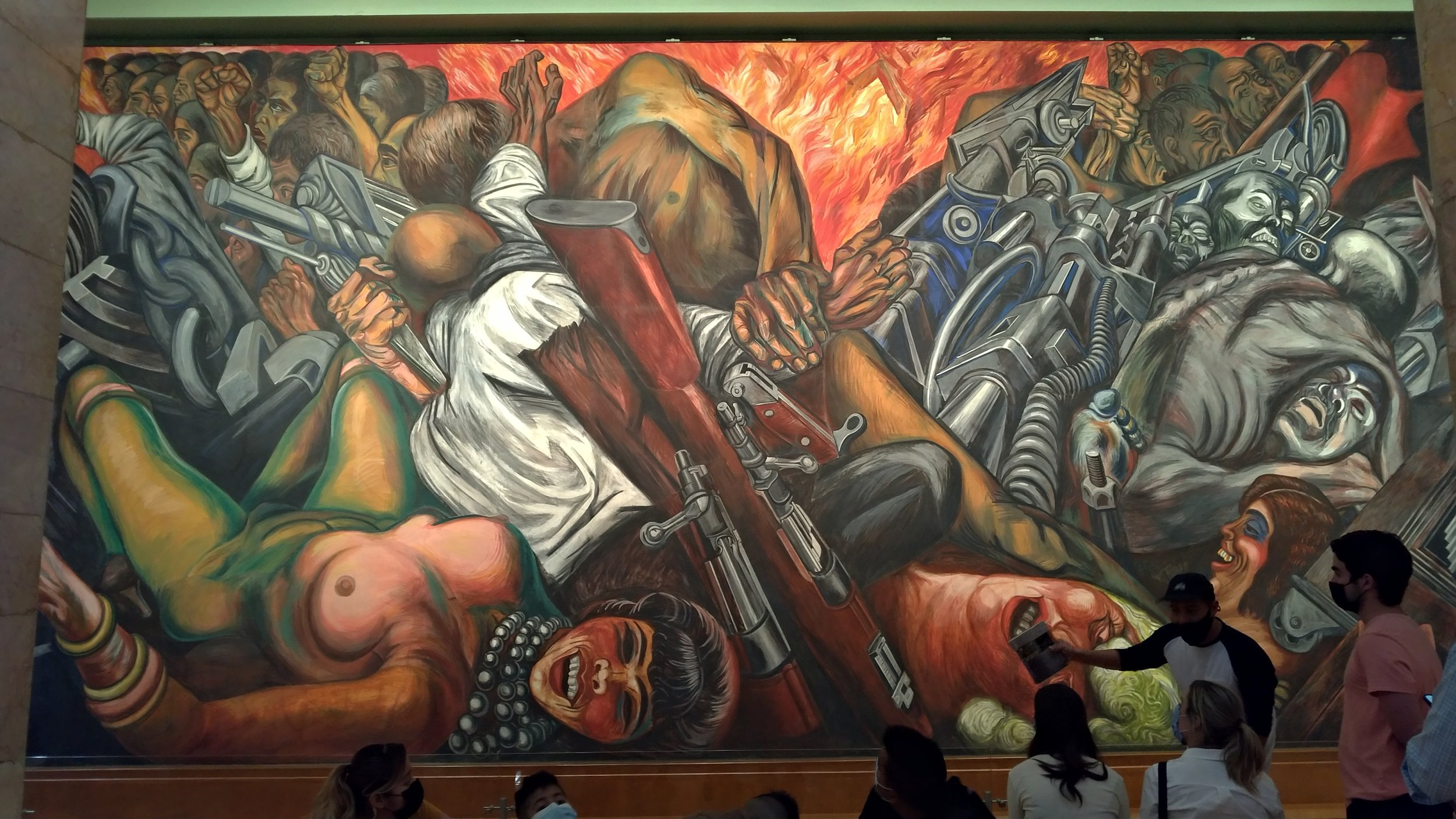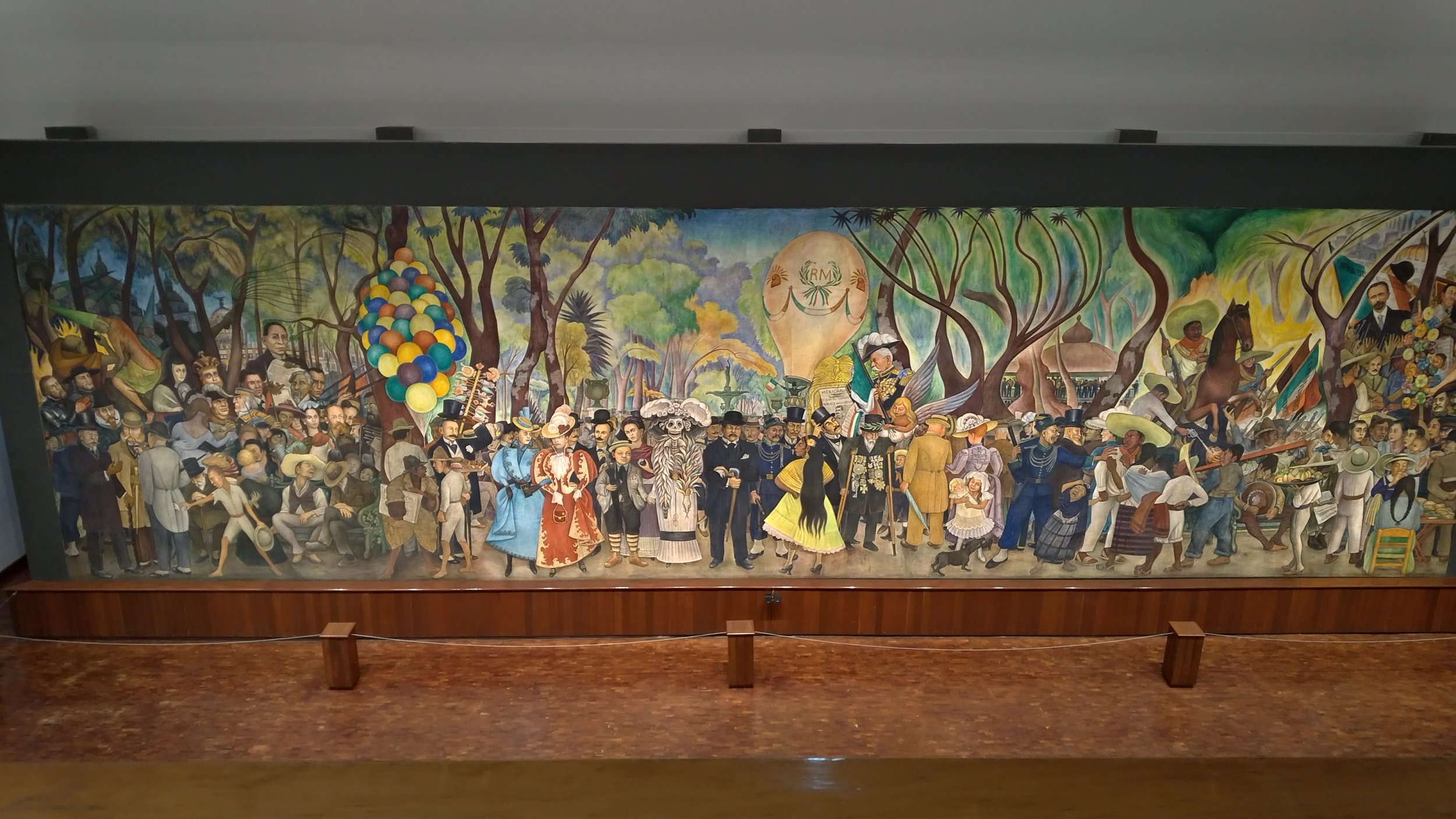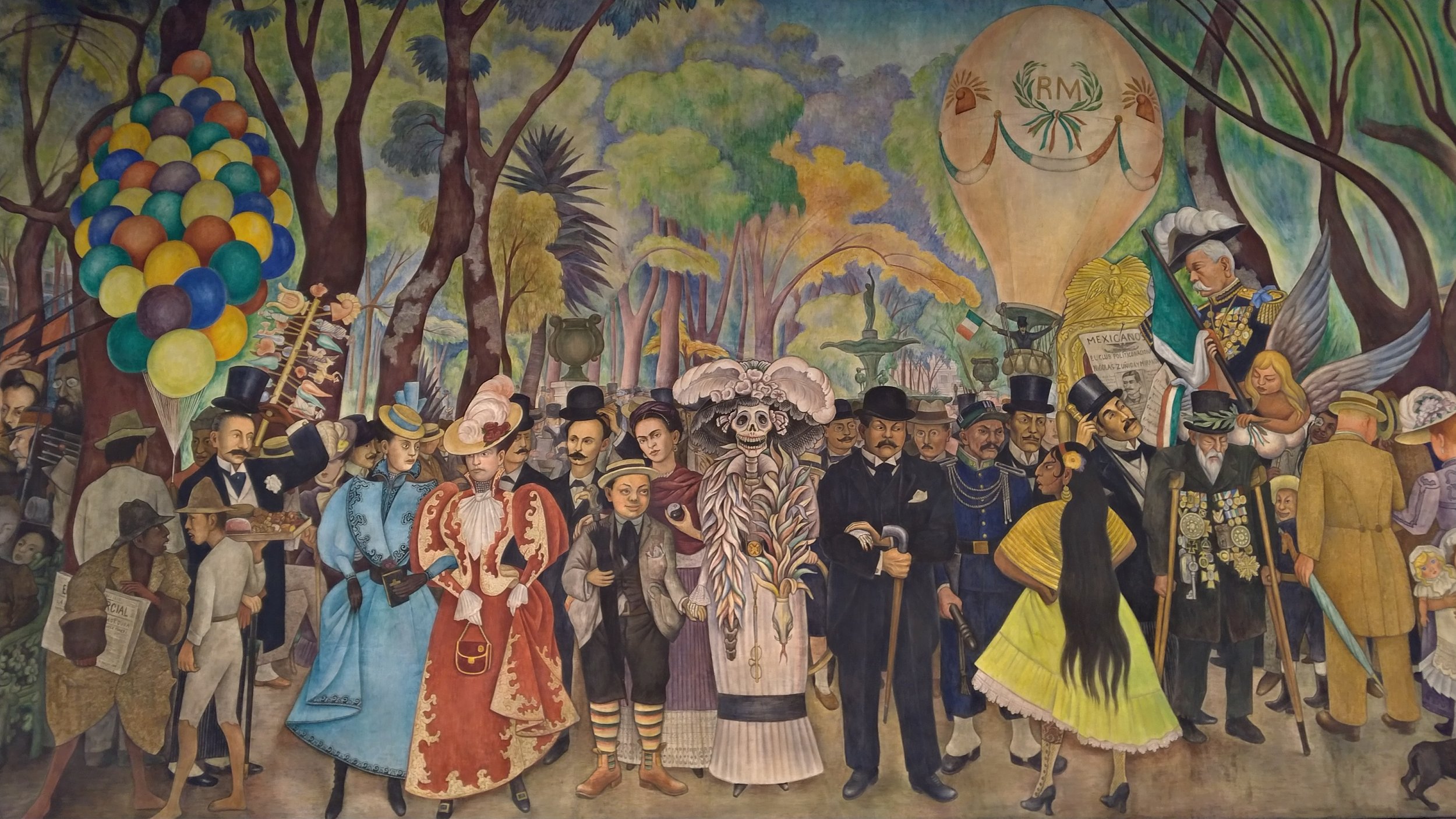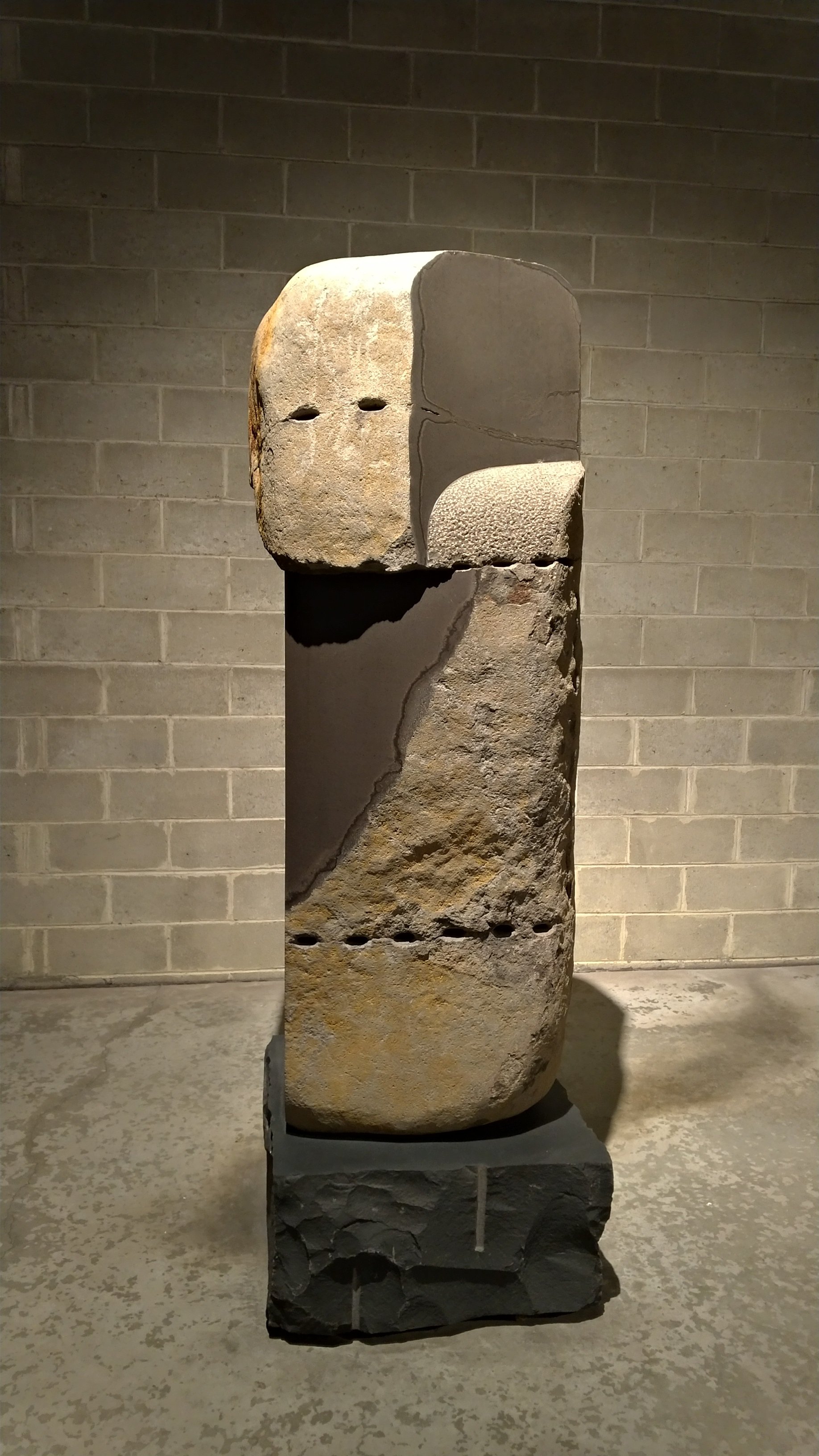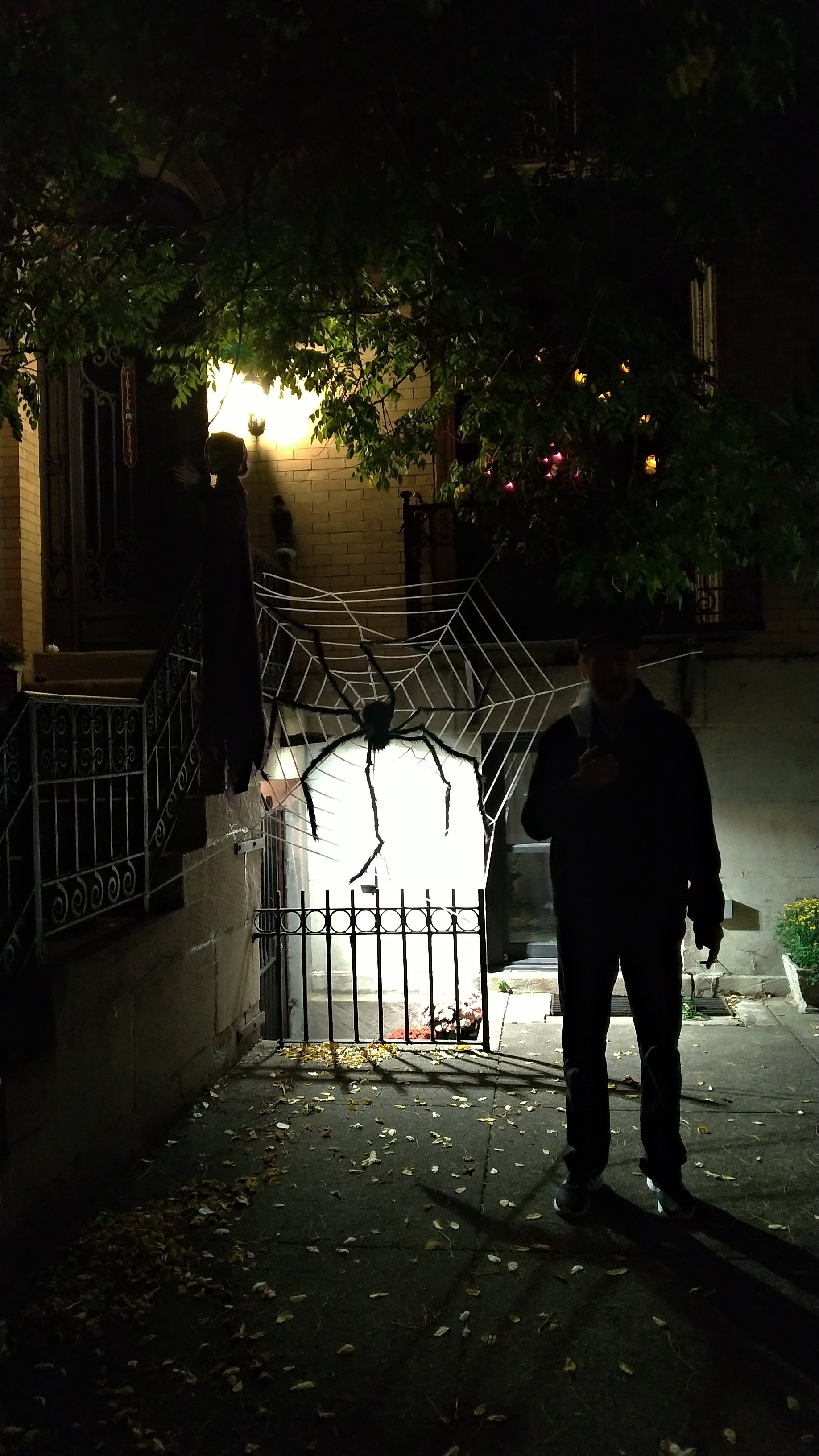I'm proud of my American friends – they're the embodiment, the personification of diversity, multiethnicity and talent:
Joyce – violinist, scholar, chanter at an Orthodox church. African-American. (And Ron, her husband – high-school teacher, cameraman. Jewish from the Bronx.)
Sol – librarian at Columbia and organist at several NYC churches. Jewish, born and raised in Queens.
Miriam – business woman and MA in Theology holder. Catholic and Jewish. Lover and benefactor of the arts.
Conor – professor of Medicine and film producer. Protestant with Jewish roots. He's not raising his children in any religion – he's letting them choose for themselves, but he is sending them to Jewish Sunday school so that they can learn Hebrew as a foreign language. Resident of Brooklyn.
Ashley – Bostonian, second-generation American, daughter of Pakistani immigrants. Psychology lecturer at City College.
Neil – costume designer and swimmer. Gay former Mormon from Utah. Now an atheist.
Mendy – Californian, second-generation American, daughter of Vietnamese immigrants. Fashion designer. Buddhist.
Jim – mathematician and cinephile. Baptist from New Orleans, resident of Harlem.
Nicole – Law Professor, second-generation American, daughter of Ethiopian immigrants. Christian Orthodox.
Matt – dancer. Dad a New Jersey Jew, mom Peruvian.
(Thank God, the list is long – the “melting pot where nothing melted” that Tony Kushner talks about in Angels in America, to my eyes, is functional.)
But the chasm between my tolerant, colorful, multi-talented friends and the American government seems unbridgeable. Why don't I see my American friends' virtues reflected in the actions of those governing the US? The question of governing is age-old – Plato of course tried to tackle it in the “Republic.” One aspect of the question can be illuminated by Plato – but not in his “Republic” but rather in the “Symposium.” It involves the example of the US-Israel relationship.
Unconditional eros
The relationship in question looks like love, eros – or like an erotic friendship: it is based on the axiom of unconditional, nonnegotiable support. “I'll love you till death, I'll love you unrestrictedly, endlessly, no matter what, in sickness and in health,” promised the US to Israel. No matter what the eromenos (the younger partner) does, no matter how many International Law violations it commits, no matter how many hospitals it bombs, the love is nonnegotiable: “unconditional alliance.” The relationship is so straightforward, so clear, that it would have been moving, had it not been so catastrophic for the civilians, the communities, the countries that happen to be located within the eromenos' range. Since the erastis, the older lover, has committed himself to supply unconditional support, the pais, the youth, can do whatever he wants. (Of course in the platonic model the erastis should be morally checking the actions of the eromenos, should be teaching virtue.)
News like “Biden was mad that Netanyahu did not do x” or “Washington expressed dismay that Israel did not abide with y” are nothing but little passion squabbles. The proof is that, for more than a year now, nothing has proven adequate to incite the slightest active motion on behalf of the US towards a ceasefire. The UN Security Council may be convening or some may be bringing the case to the Hague, but since the erastis' weapons and dollars are flowing abundantly and uninterruptedly, comments like the above seem almost comedic. As a theatre person, I hate the expression, but in this case I'm going to apply it: it's only playacting. They're only playacting when they say that “they haven't spoken to each other in seven weeks.” They might be sulking a little, but the spark of the passion burns undiminished.
Letters and numbers
Numbers do not matter at all anymore: who sets up, who decides, who rules at how many deaths someone (who?) will cry out “enough”, ceasefire now? At this moment I'm reading that the number of dead Palestinians has risen to x thousand. But when it was x-y, what difference did it make? And tomorrow, when quite possibly it will rise to x-y, will something change? Since love has no limits, there's no limits either to the death toll that will put an end to the conflict.
“And where have you been all these years?”, someone will ask. “Didn't you know that superpowers have always bombed countries to maintain their influence?” I had heard of that, yes, but I am particularly awakened right now because, though an NYC resident for nineteen years, this year is the first I'm eligible to vote. The alarm clock of the ballot is ringing.
Americans have one thing sacred and you cannot touch it, they'll explode with anger: their democracy. Additionally, they're exquisite orators. So, during election season in particular, we are “bombarded” with how perfect our democracy is, how proud we are of it, and how sorry we feel for the parts of the world that, unfortunately, do not enjoy a democracy as exemplary as our own.
This is where the fiasco begins, where the type of rage that can only lead to a revolution begins: as soon as the logical, humble question “Fine, but do all these ideals not apply to the children of Gaza?” intrudes into the perfect democracy rhetoric, then it collapses, it is ridiculed. When the question is posed, some politicians answer that Palestinians do have a right to Freedom, Dignity, Security. Really? How is it possible then that, when you give speeches, you claim the latter, but in reality you kill x number of civilians within a year?
The same way in art things acquire their meaning not individually but as part of a synthesis, thanks to montage (not only in film but also in visual arts, music and theatre), thus speeches about high ideals sound empty as ever against the backdrop of the repeated images of the ongoing destructive war. The words of the ideals are bulldozed by the death toll.
I would love to succumb to the invitation to “joy” - it is indeed a high ideal, Beethoven must have known a thing or two. But is it possible to find joy in the endless footage of bombarded rubble and of children with amputated limbs?
This essay first appeared in Greek in the TA NEA newspaper (online) on October 21, 2024.
Το κείμενο αυτό πρωτοδημοσιεύτηκε στην εφημερίδα ΤΑ ΝΕΑ (ηλεκτρονική έκδοση) στις 21 Οκτωβρίου 2024.
Για να διαβάσετε το ελληνικό κείμενο, κάντε κλικ εδώ.























